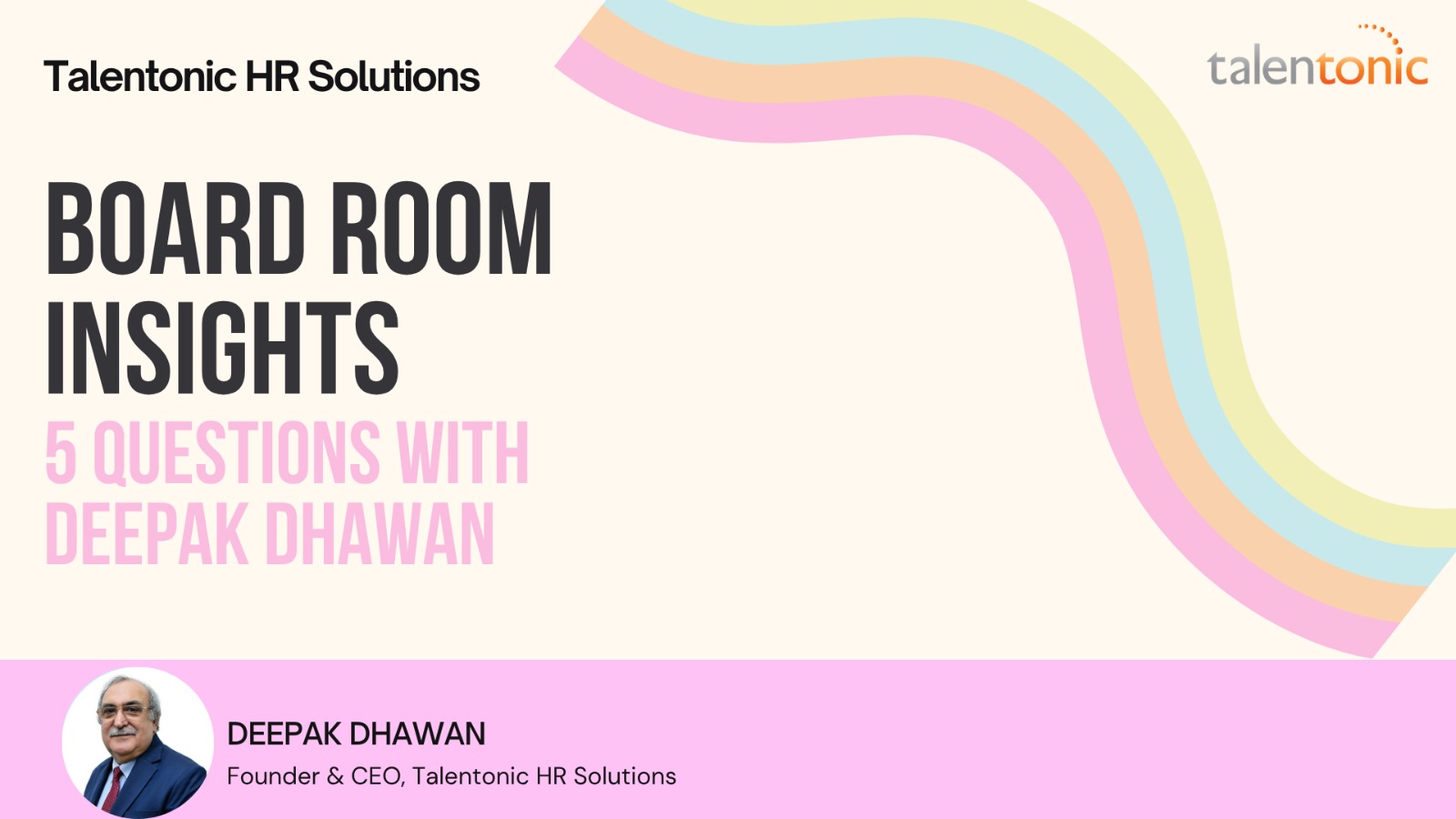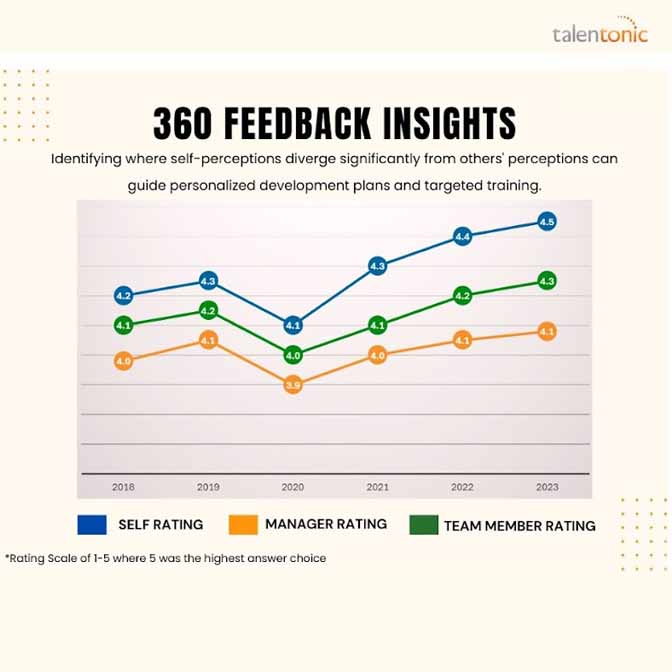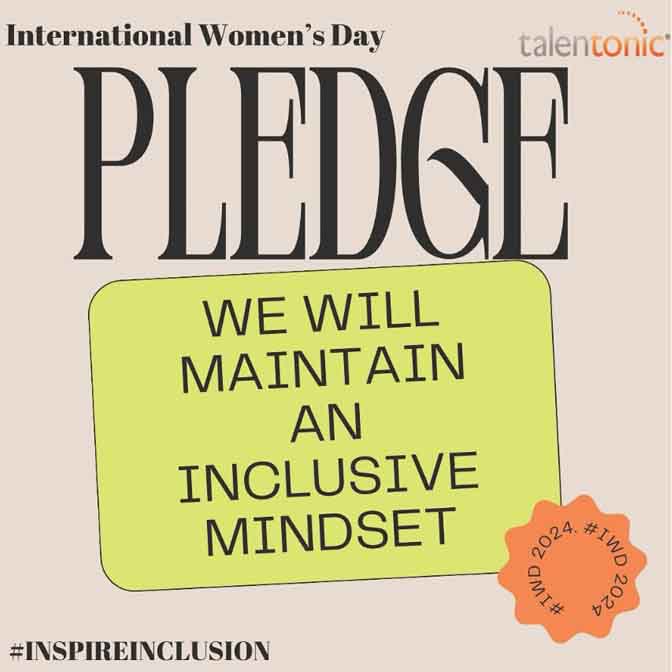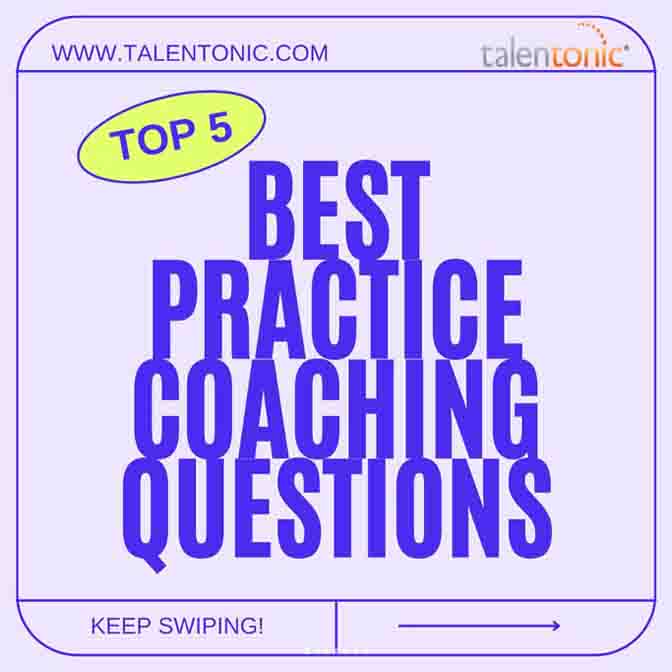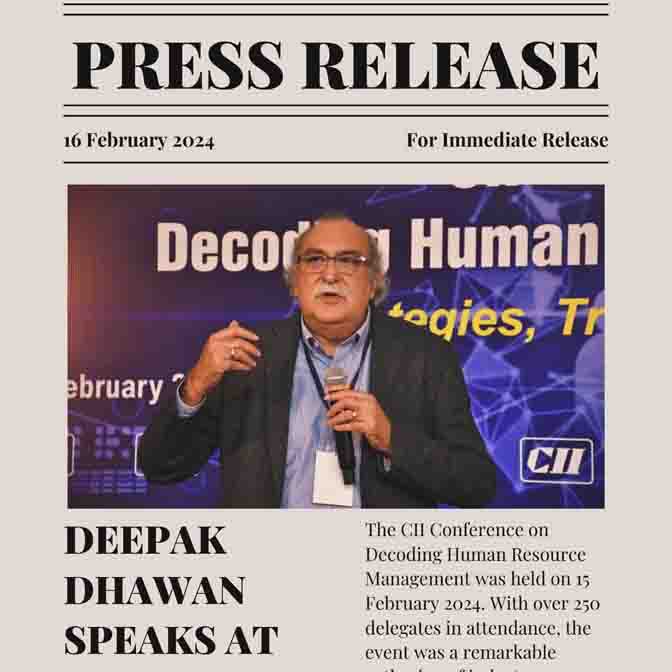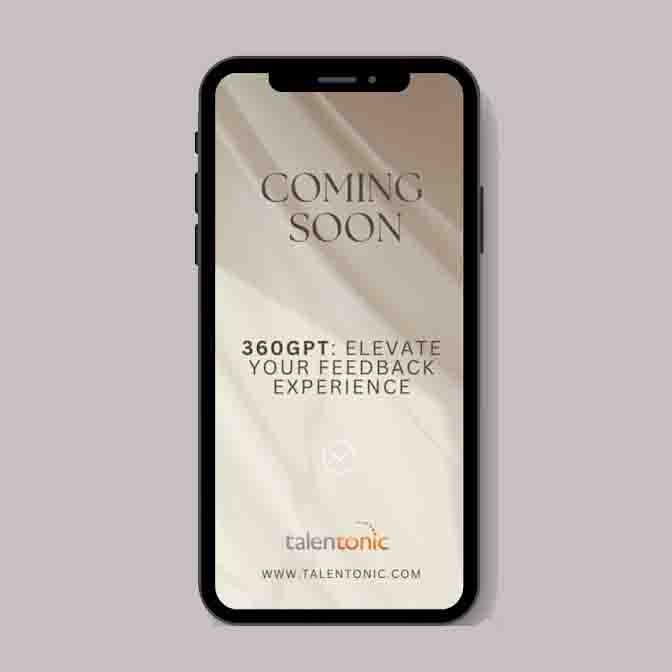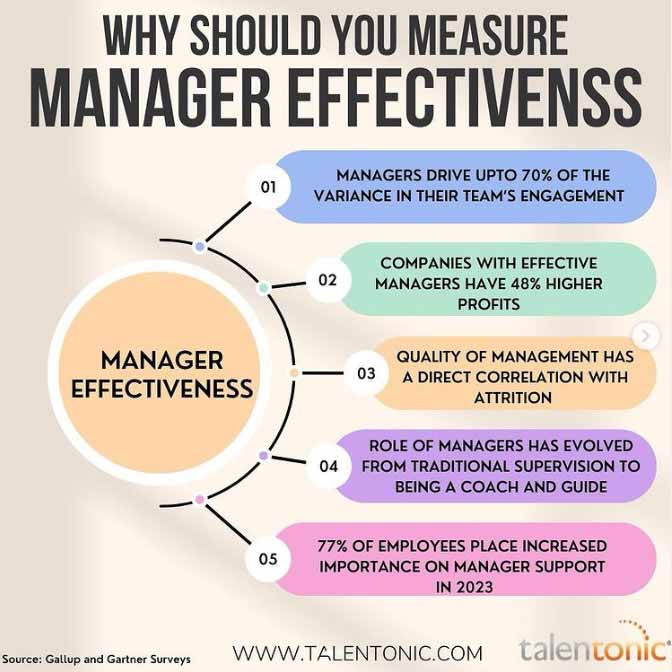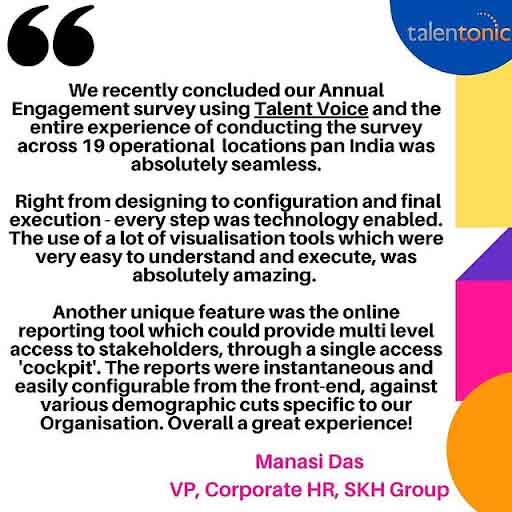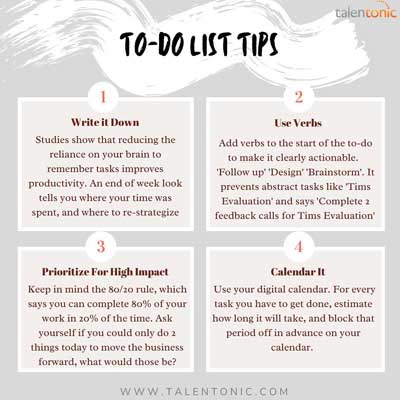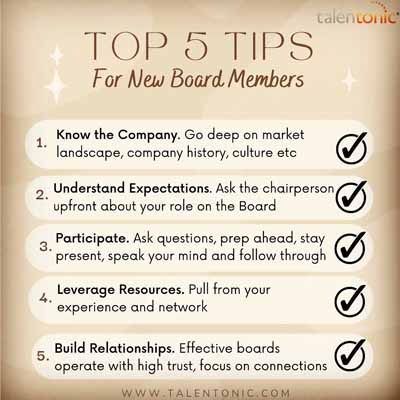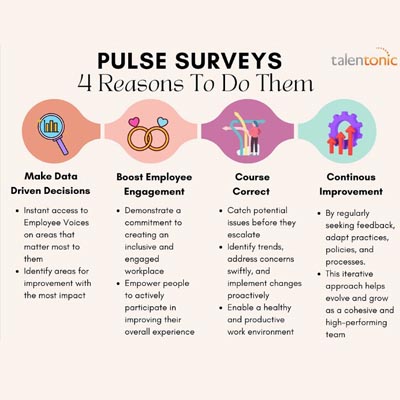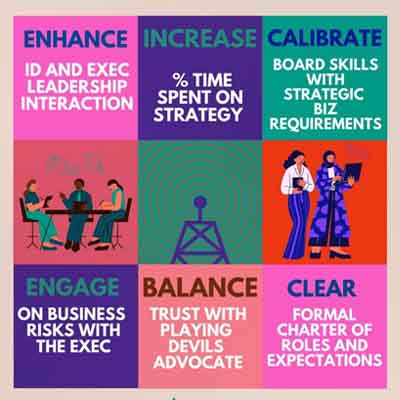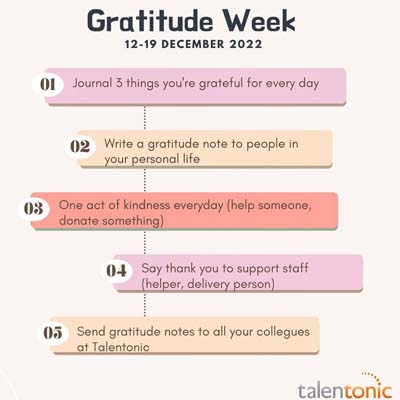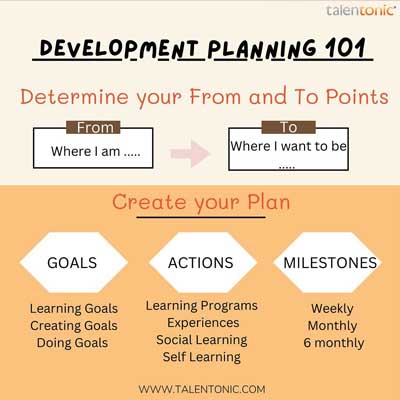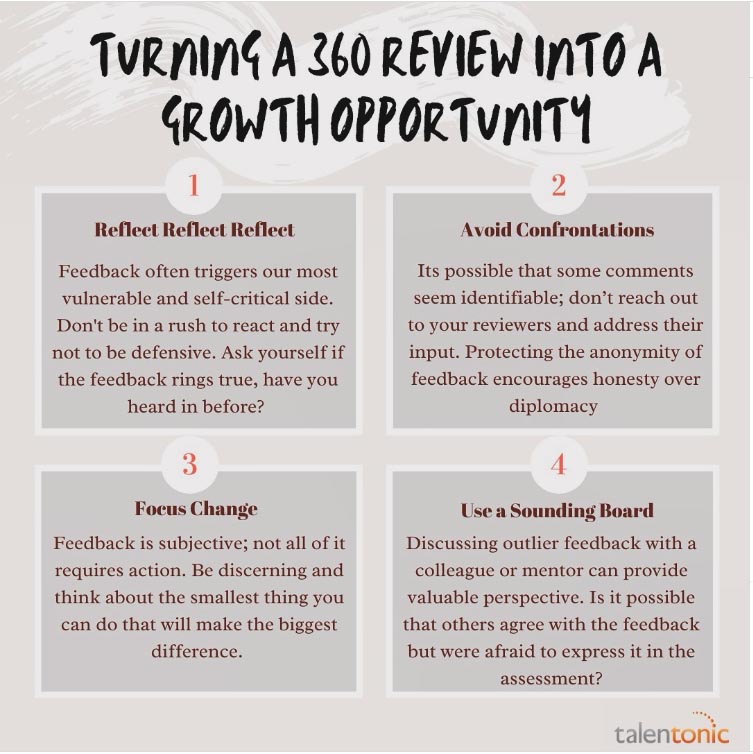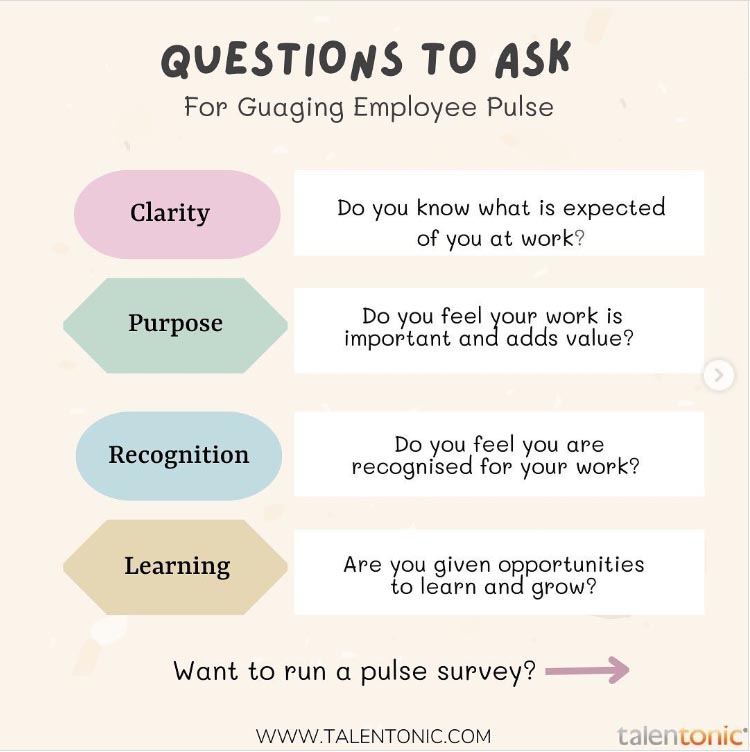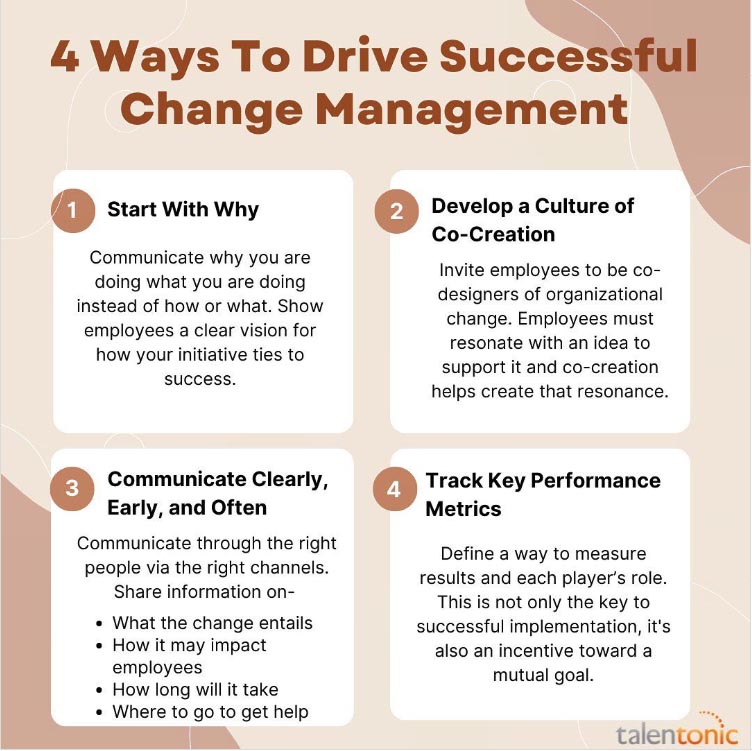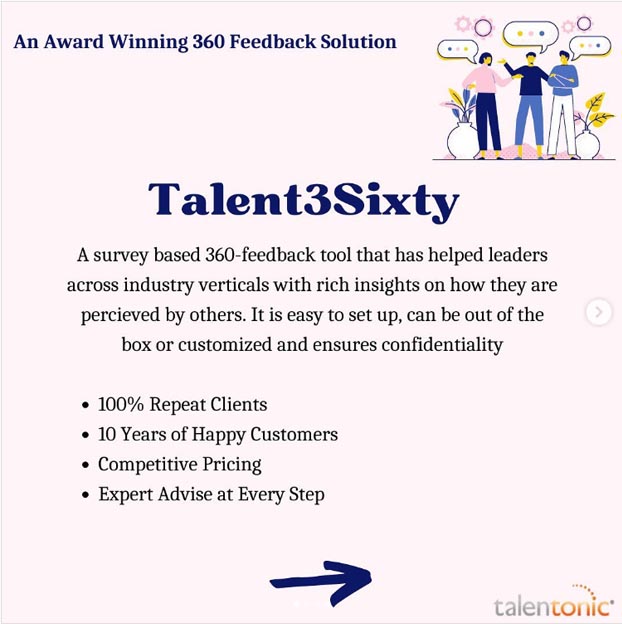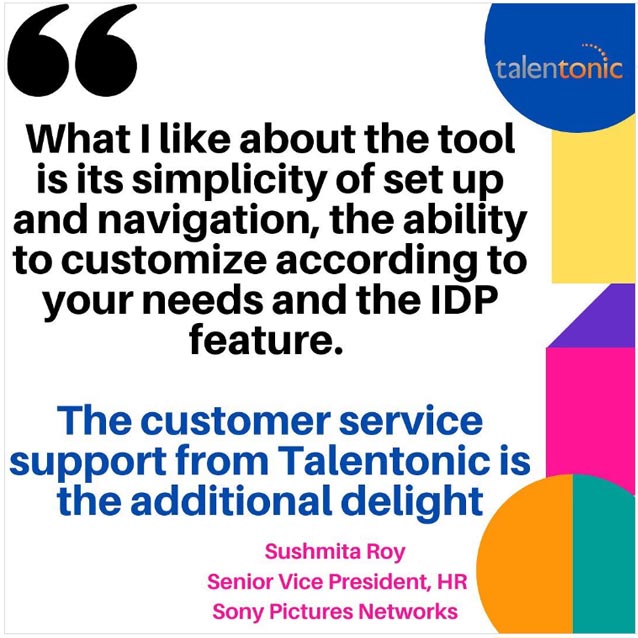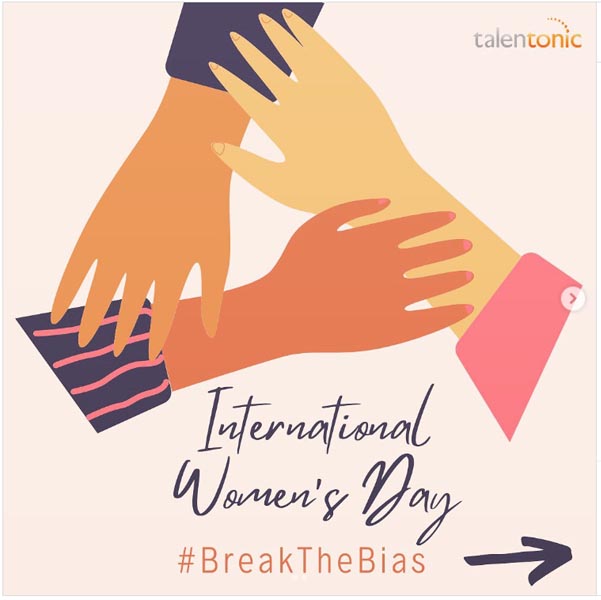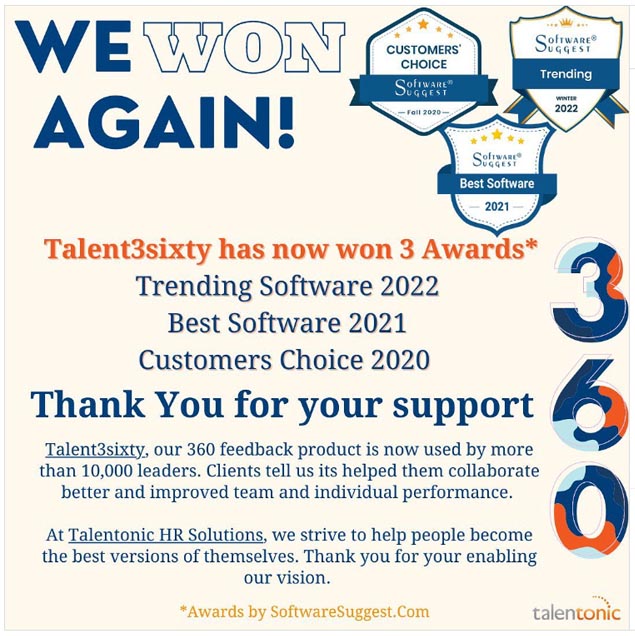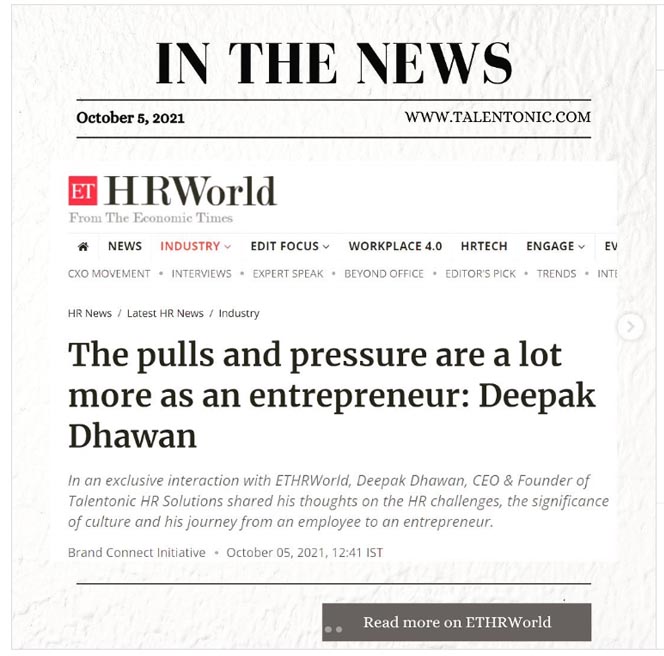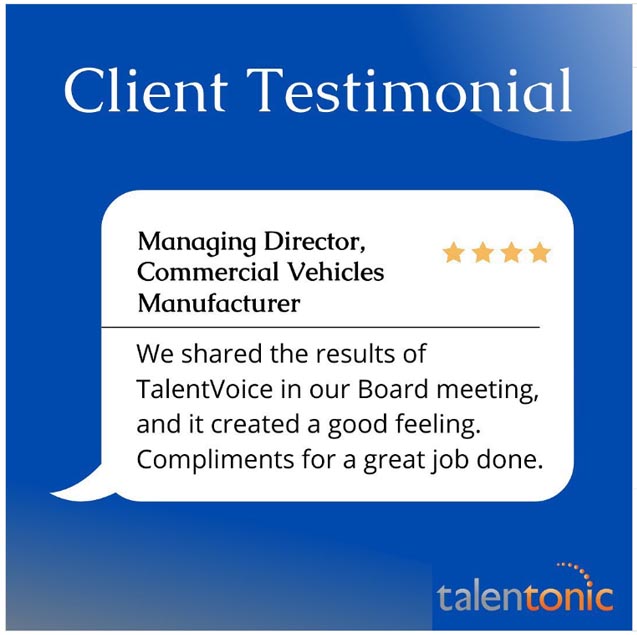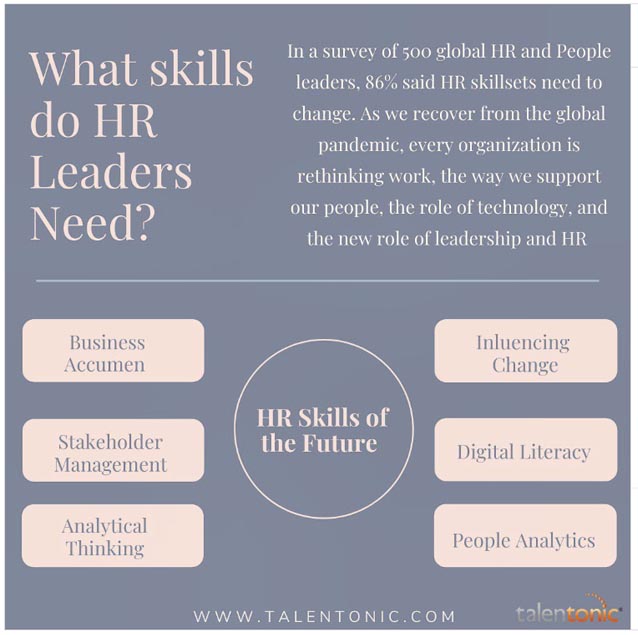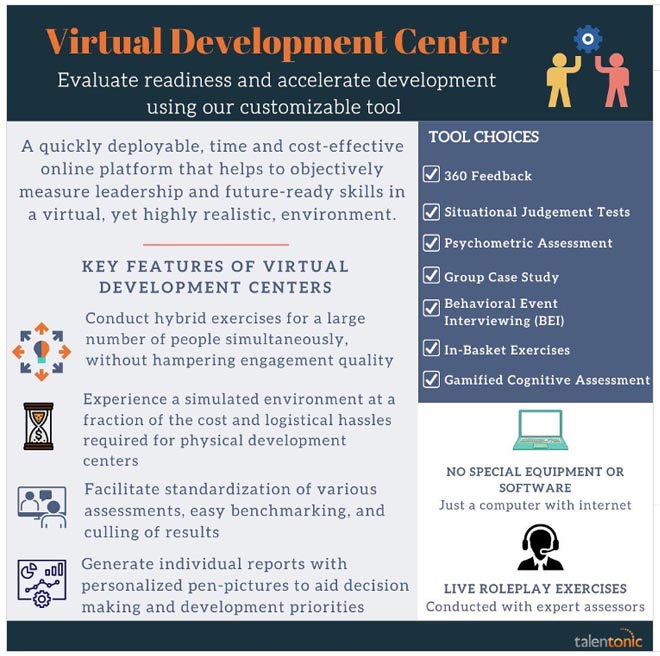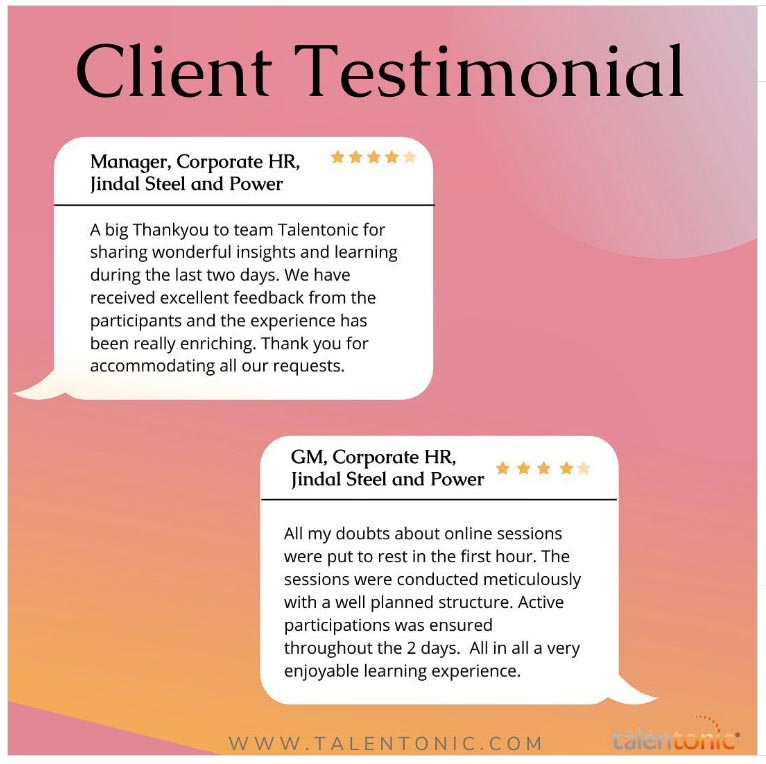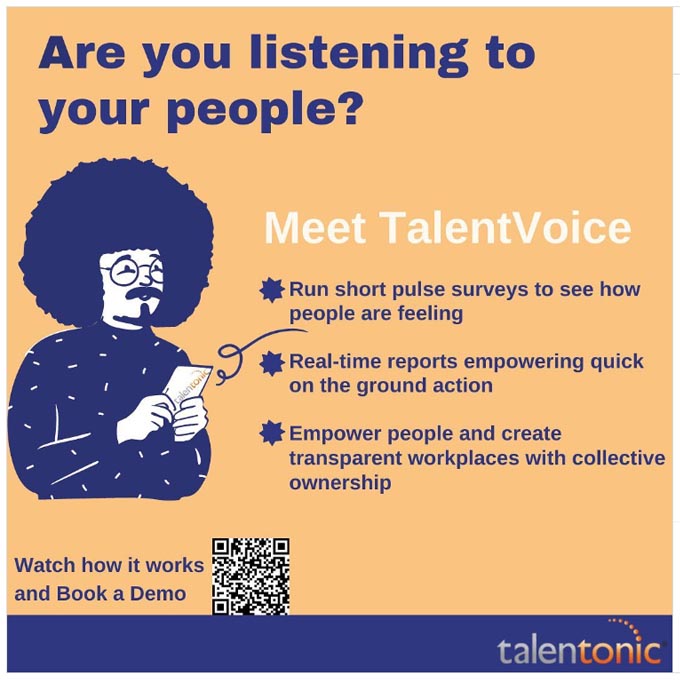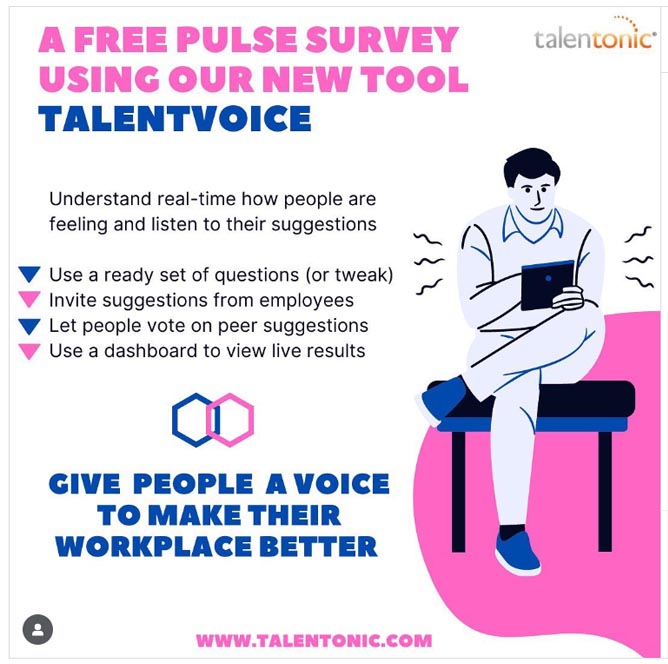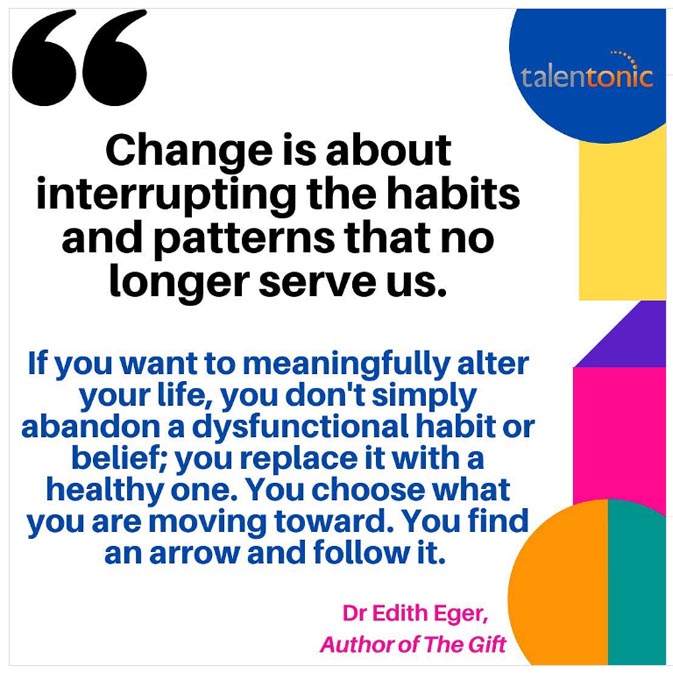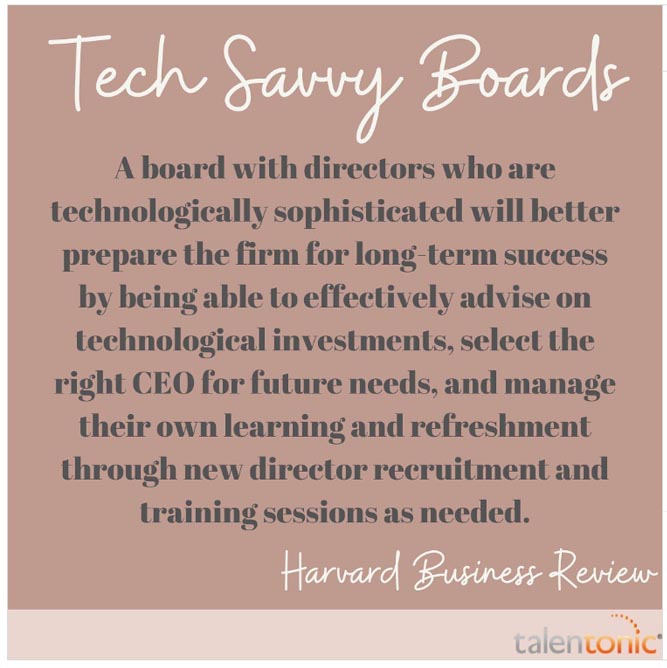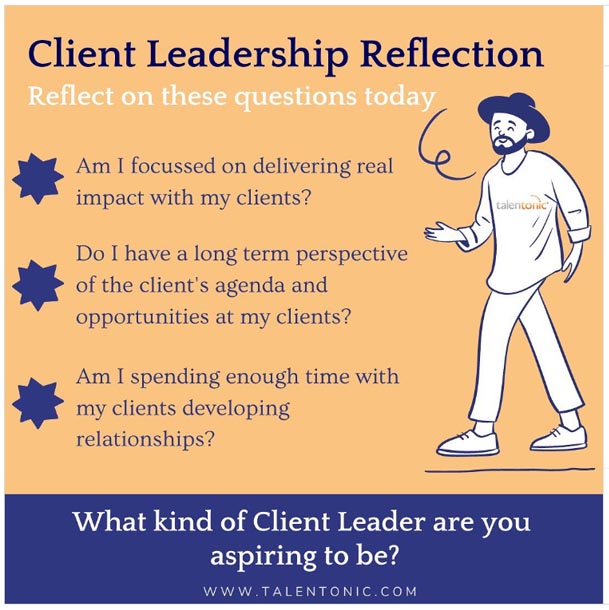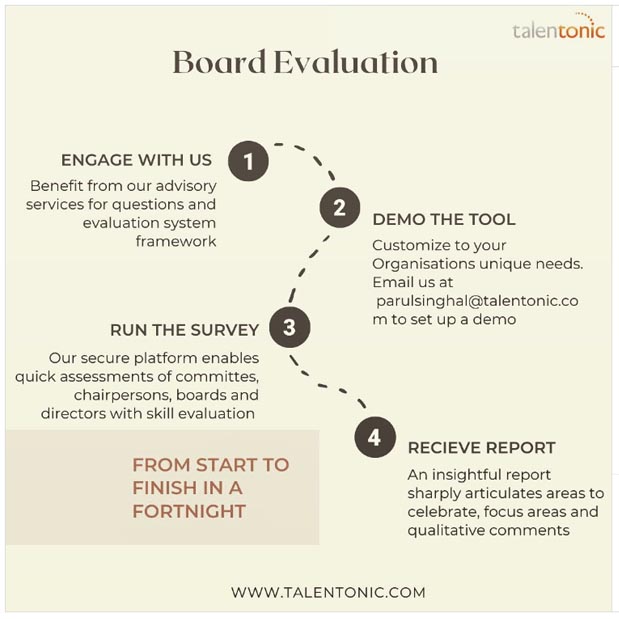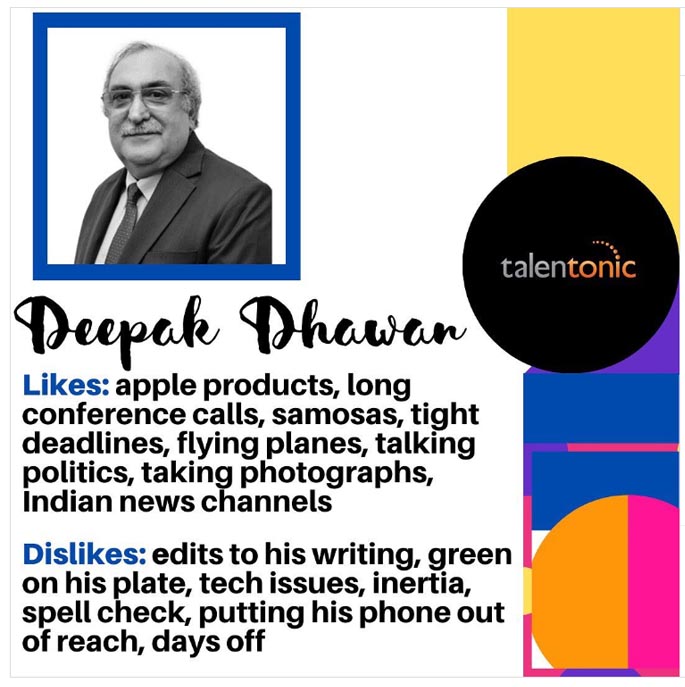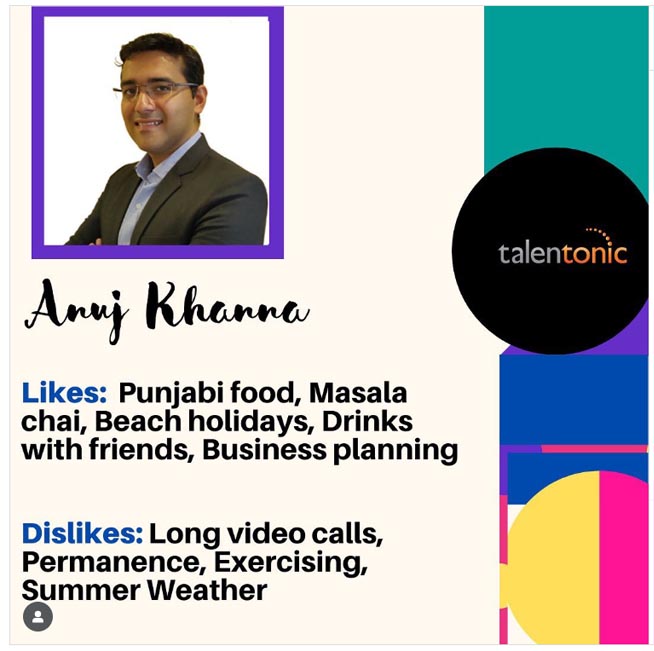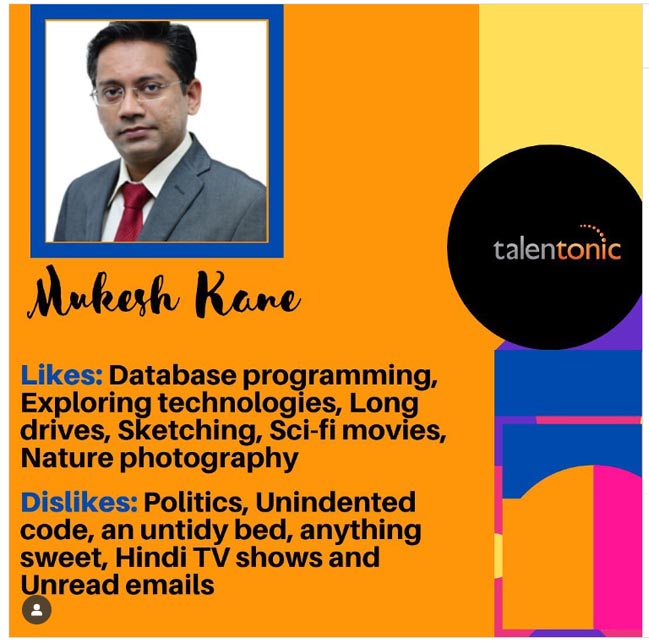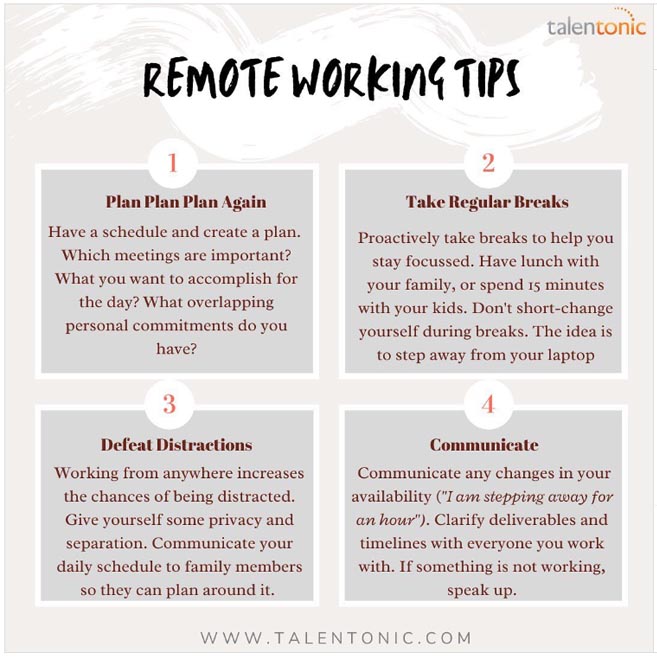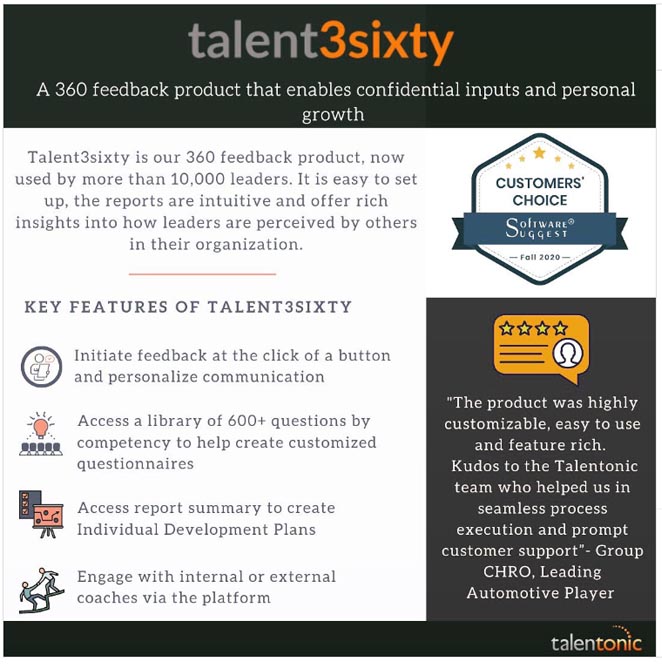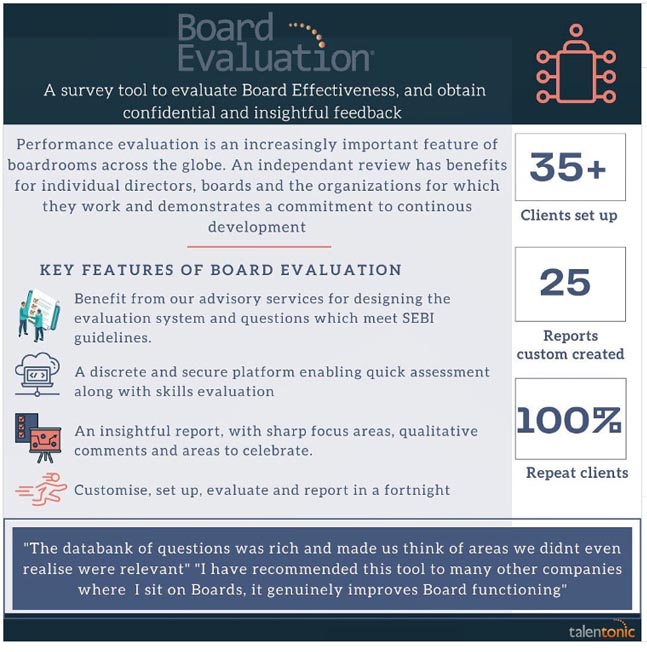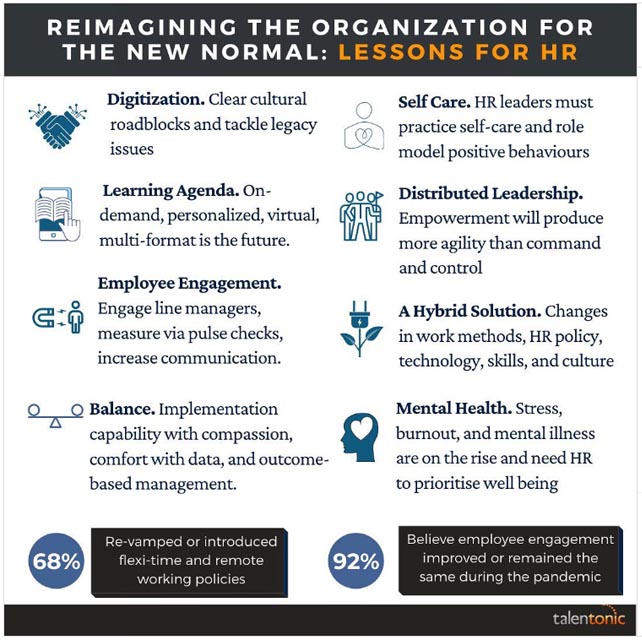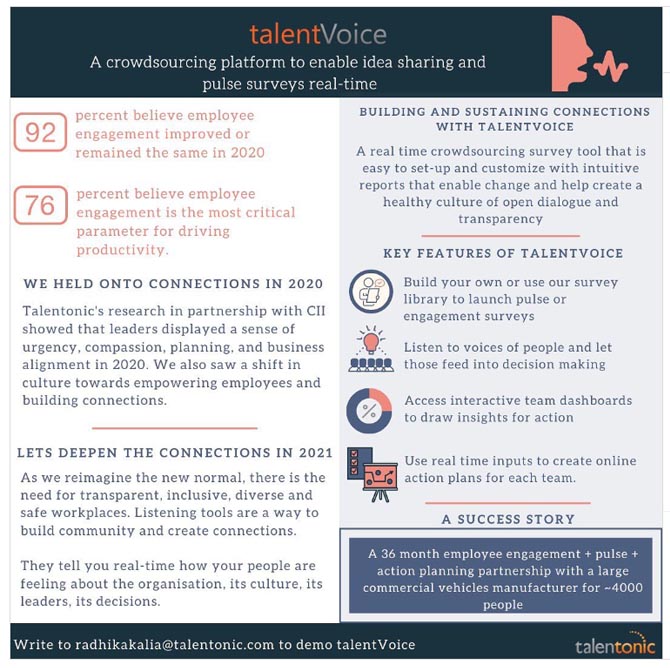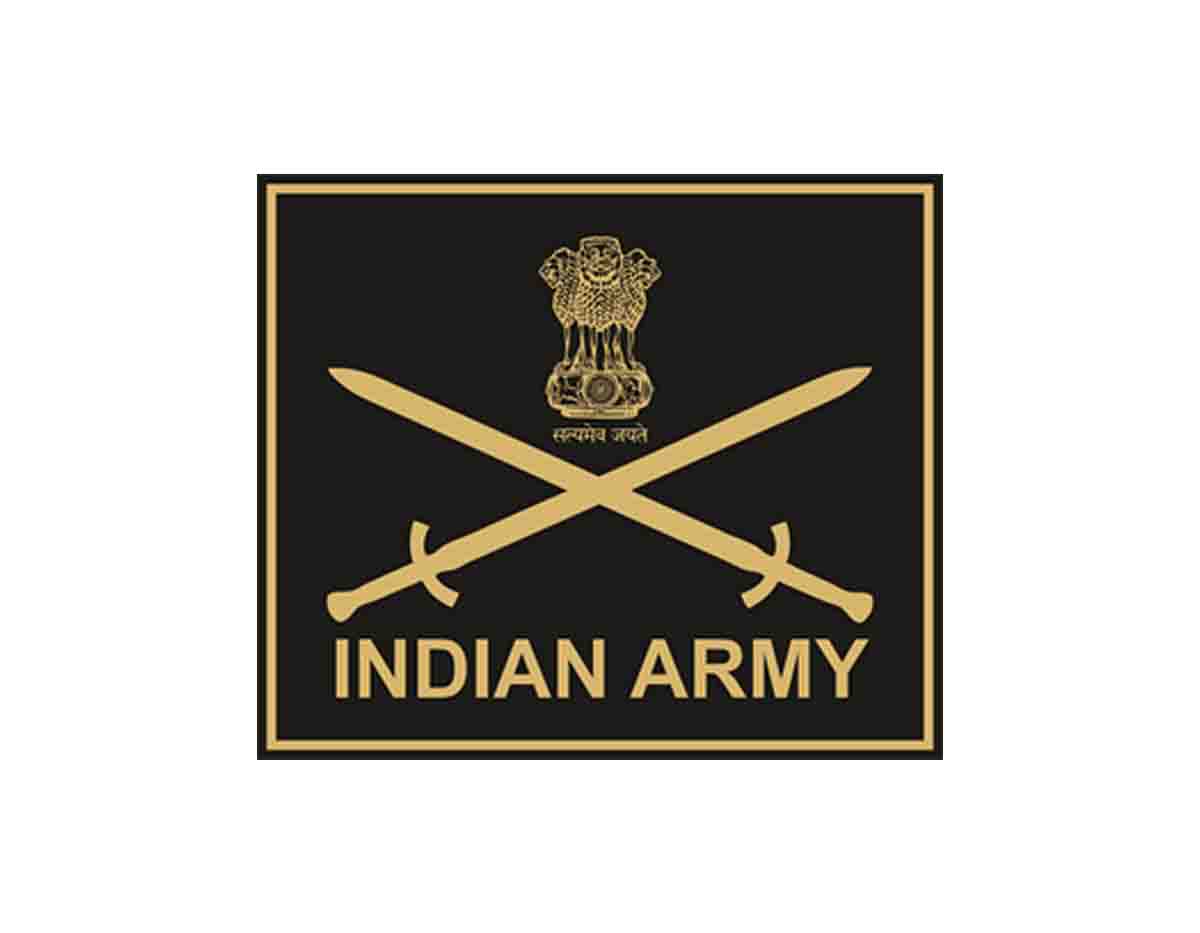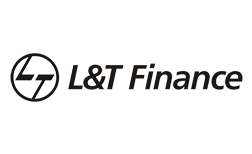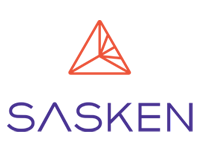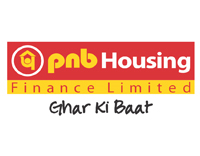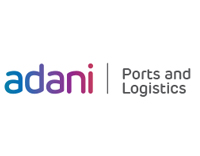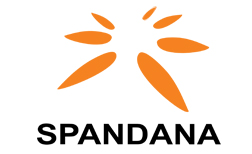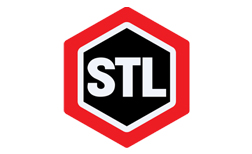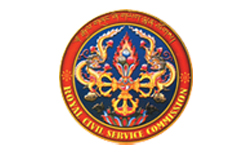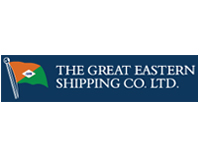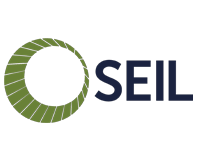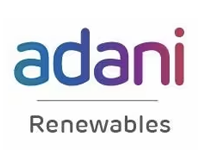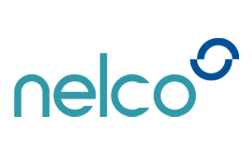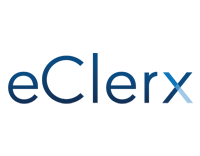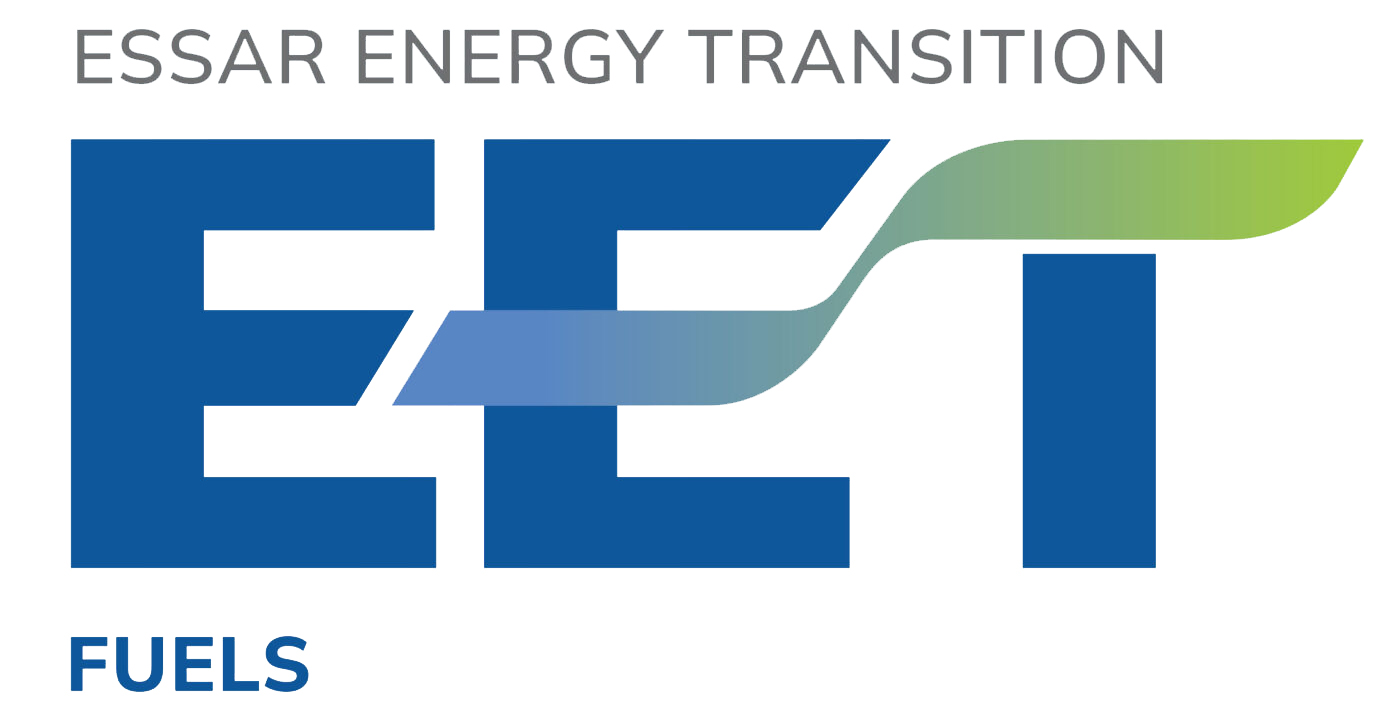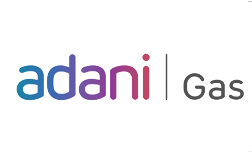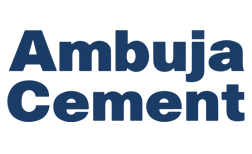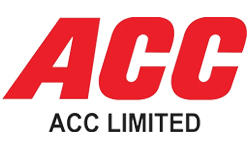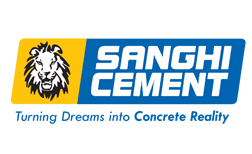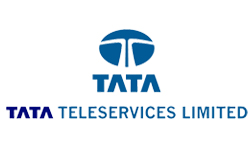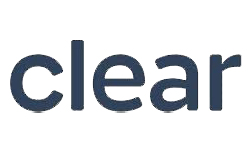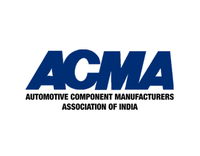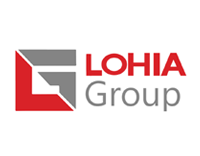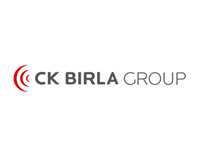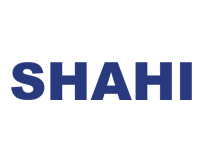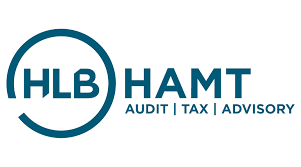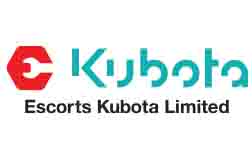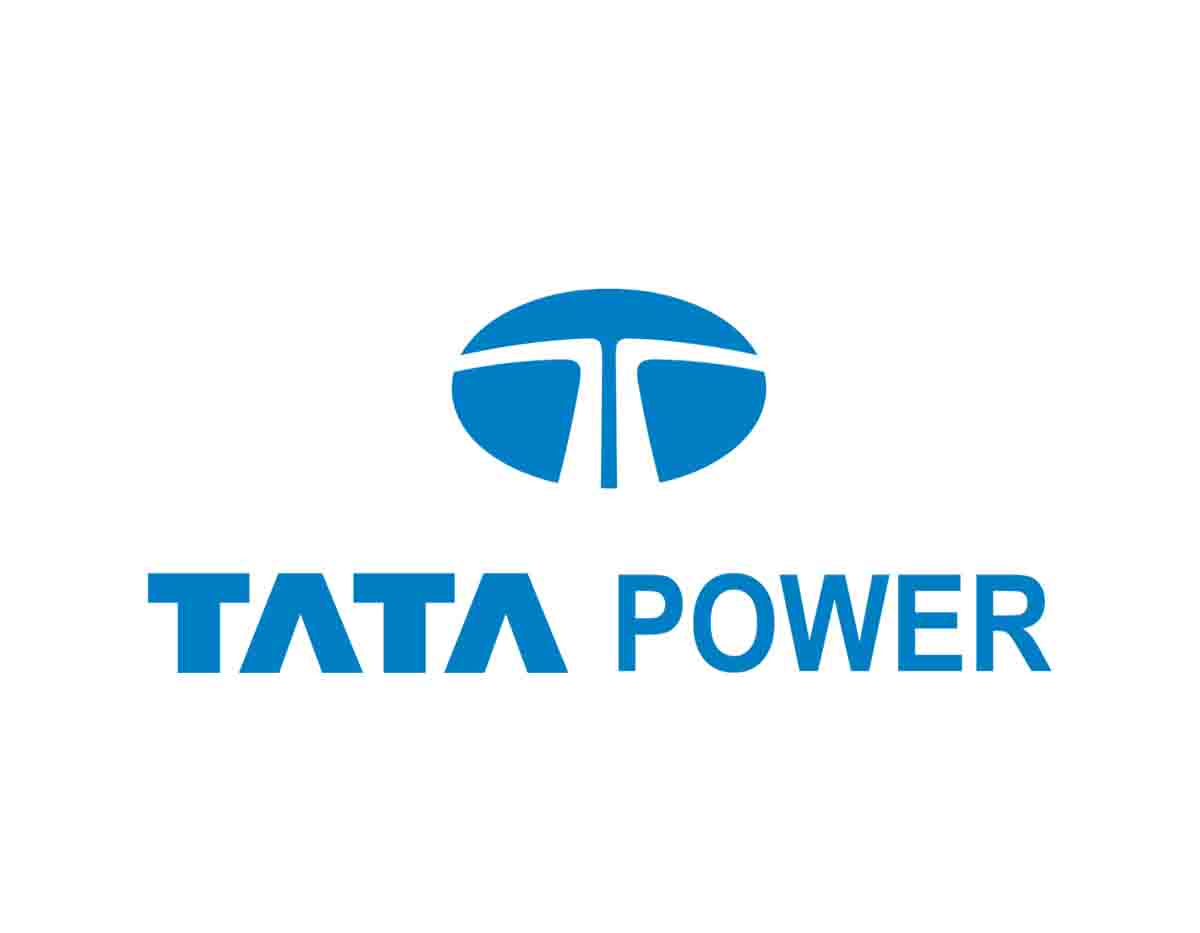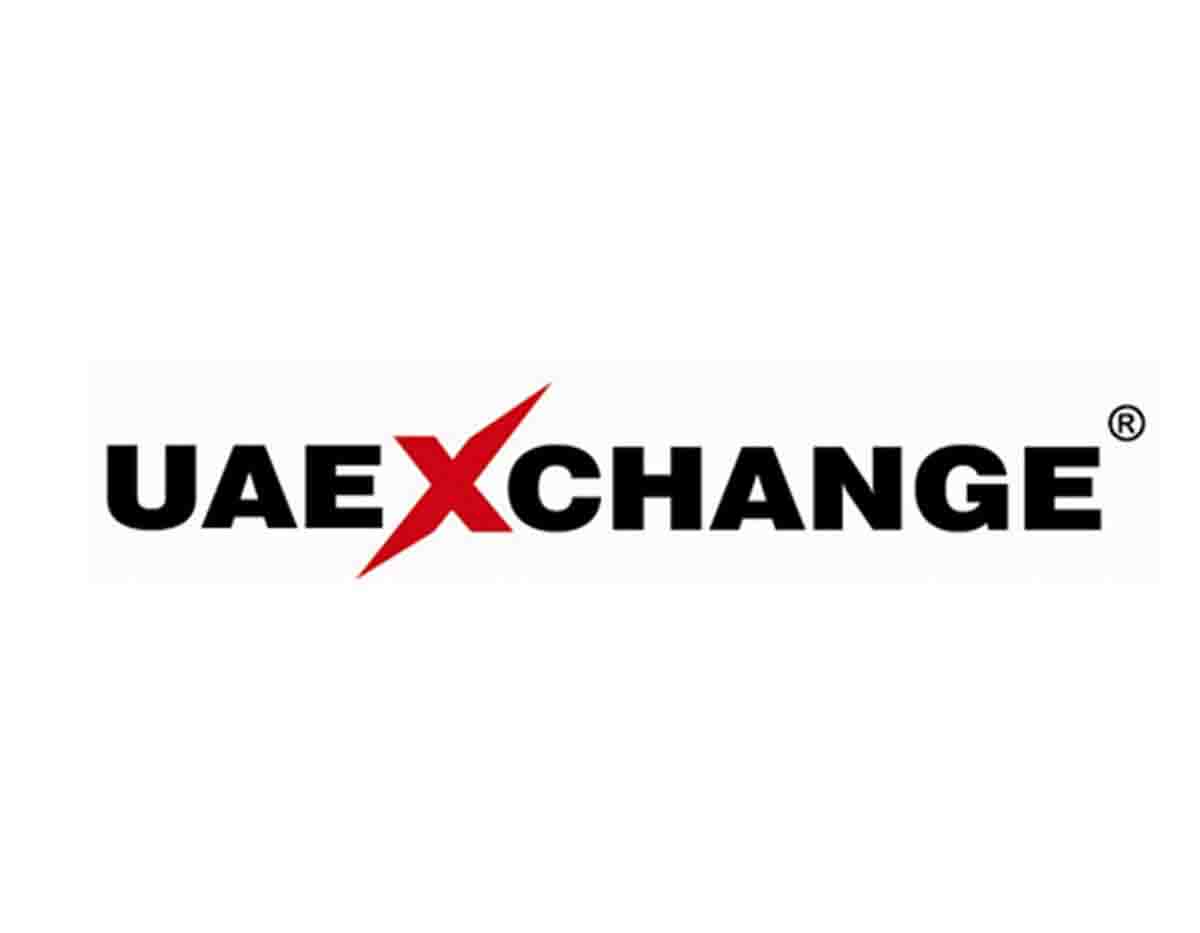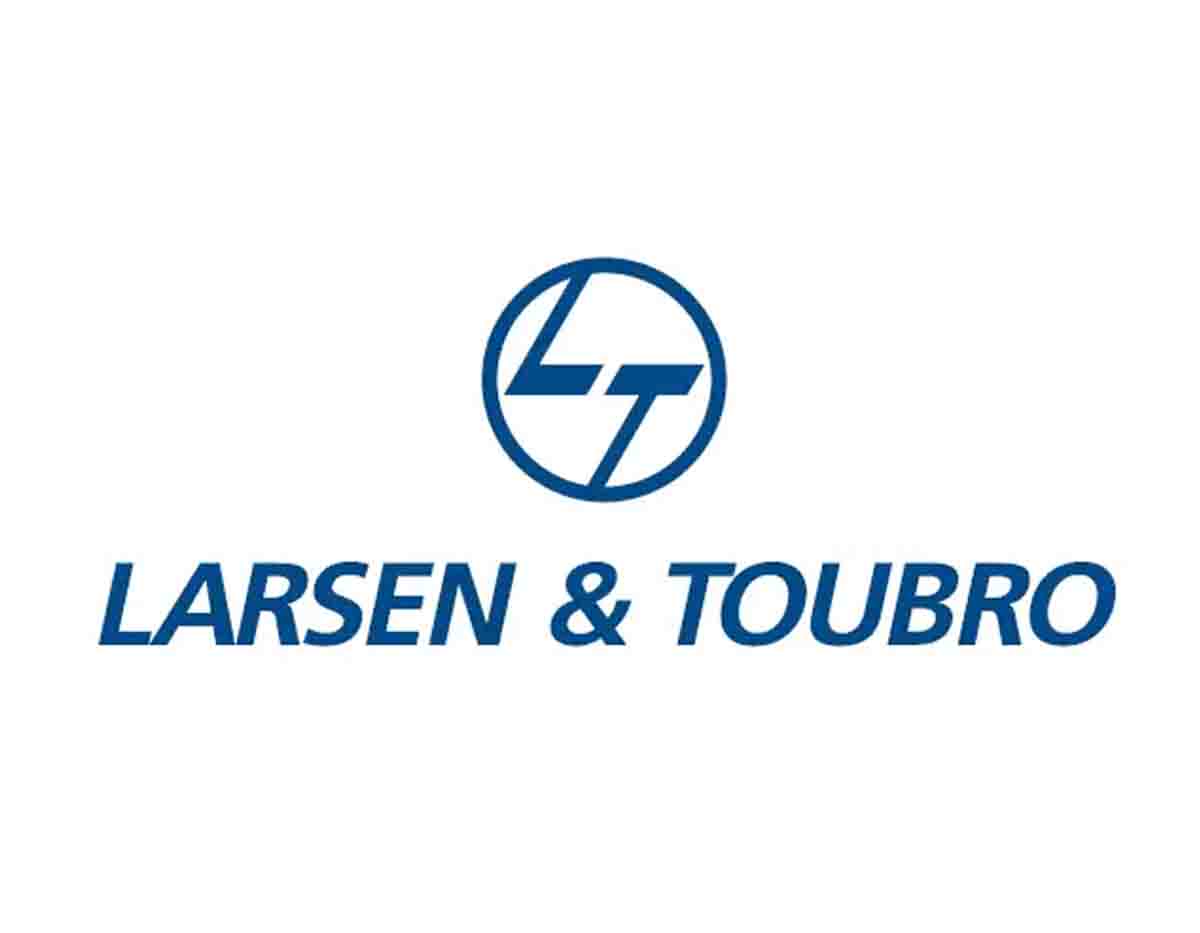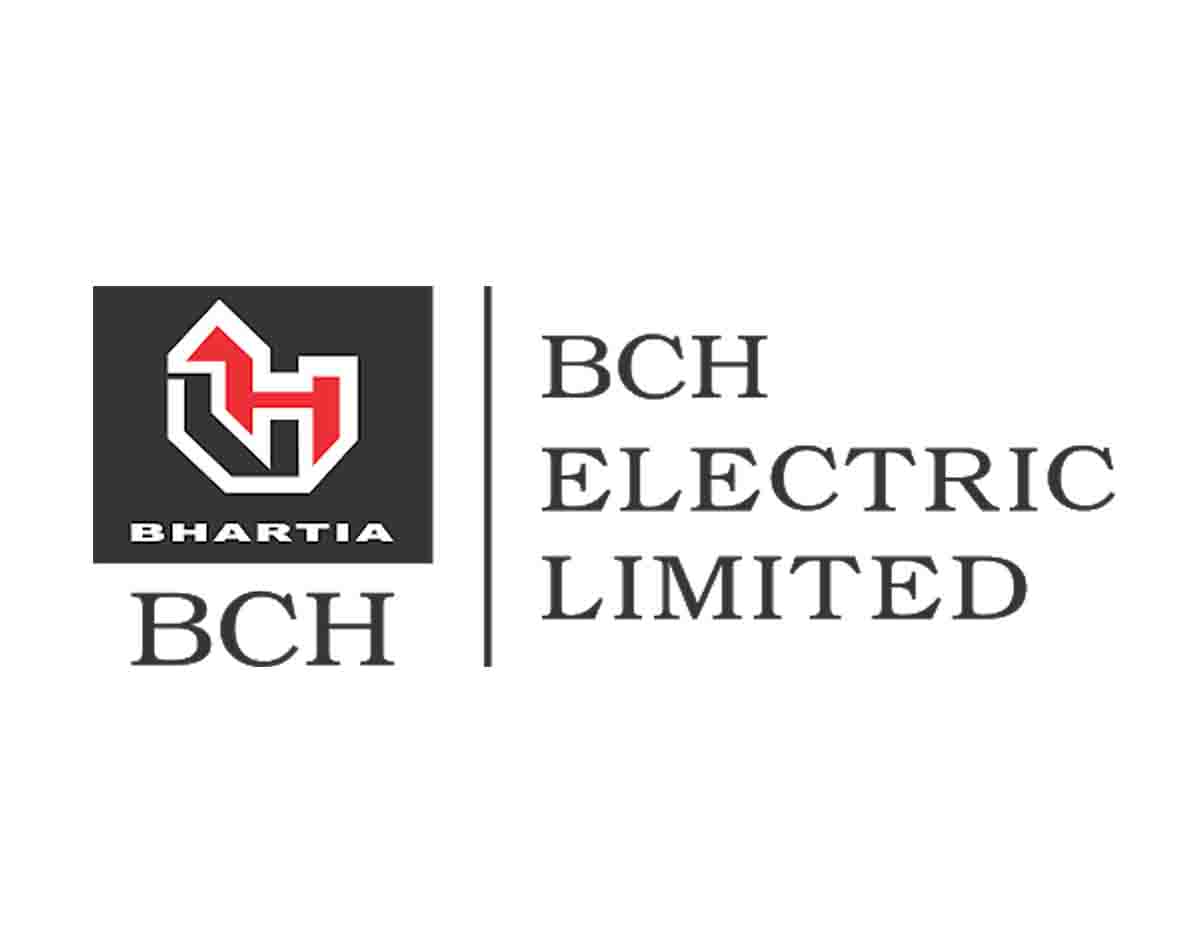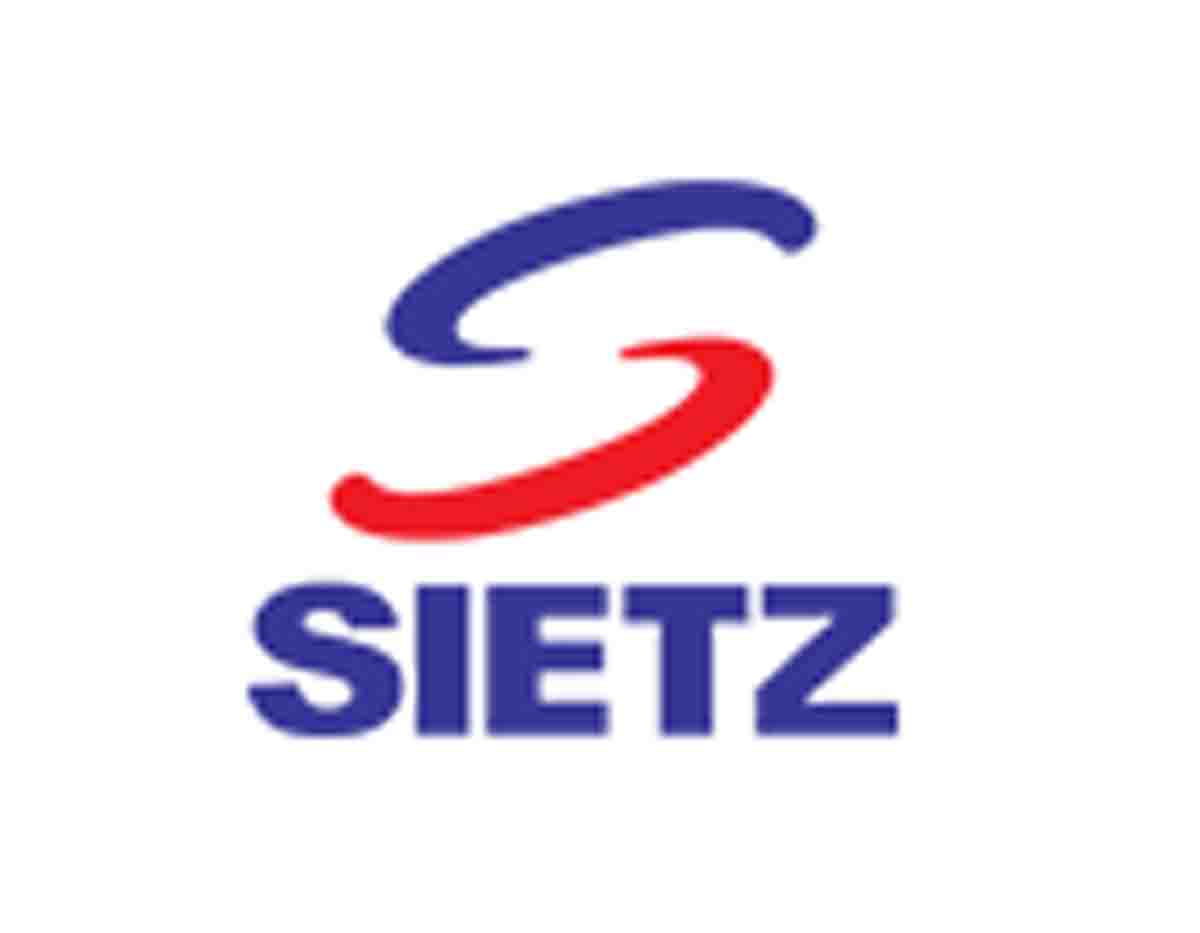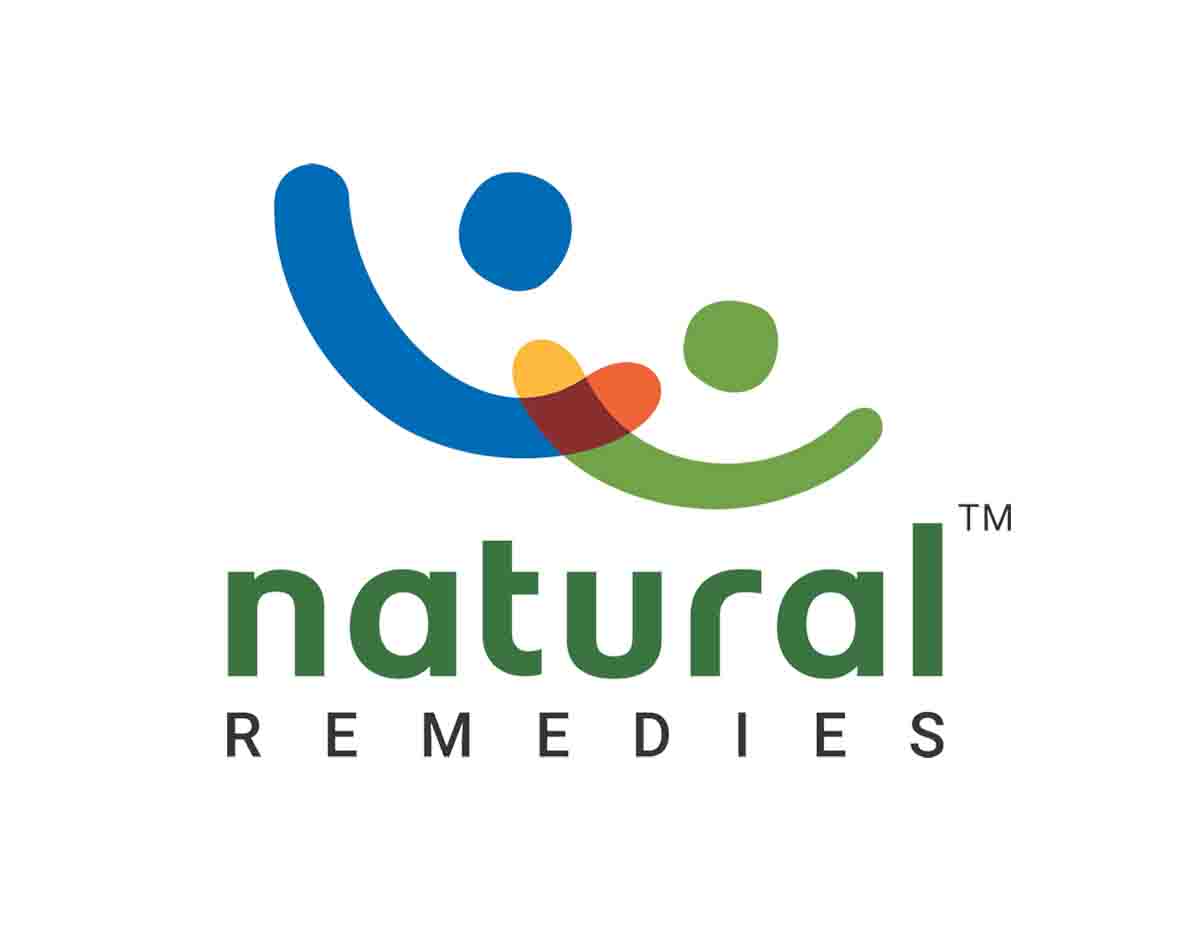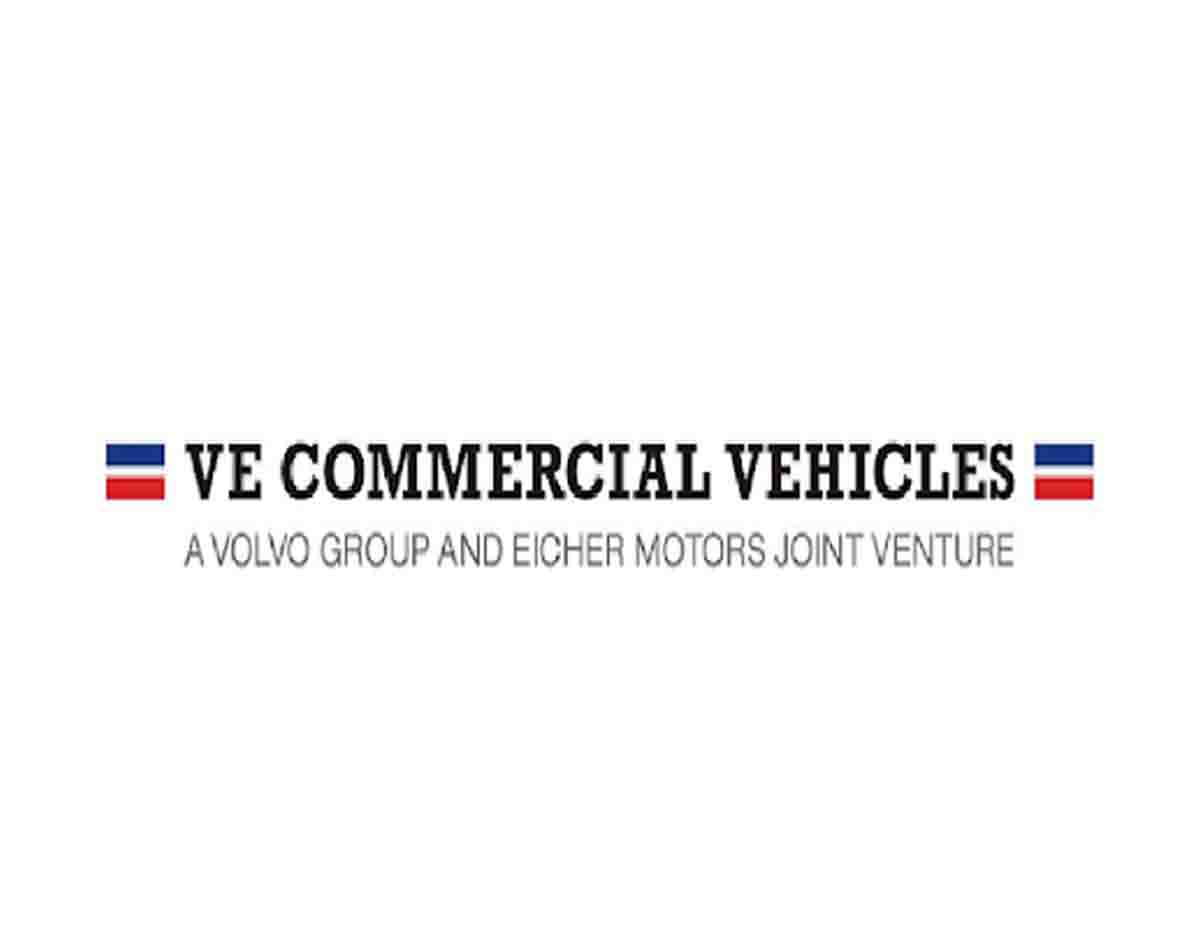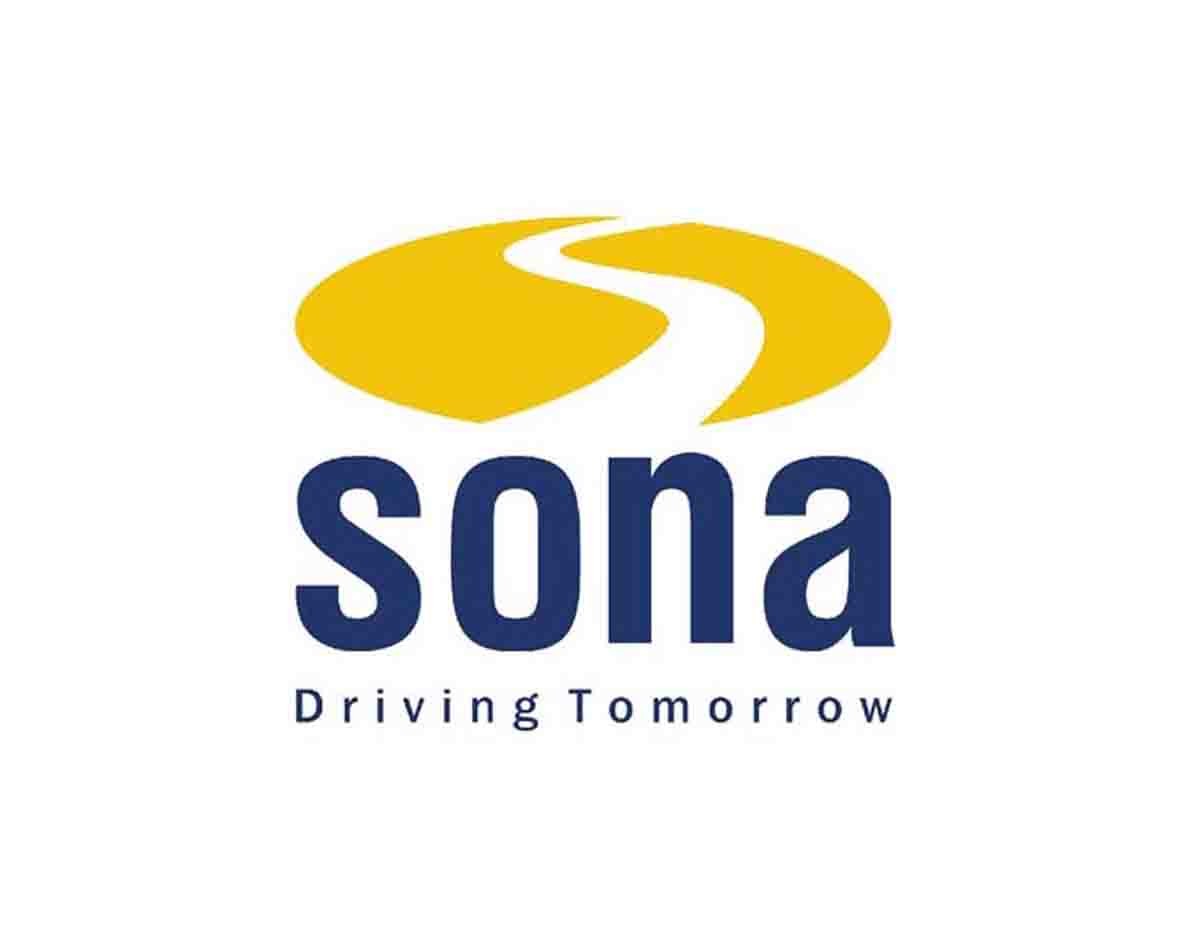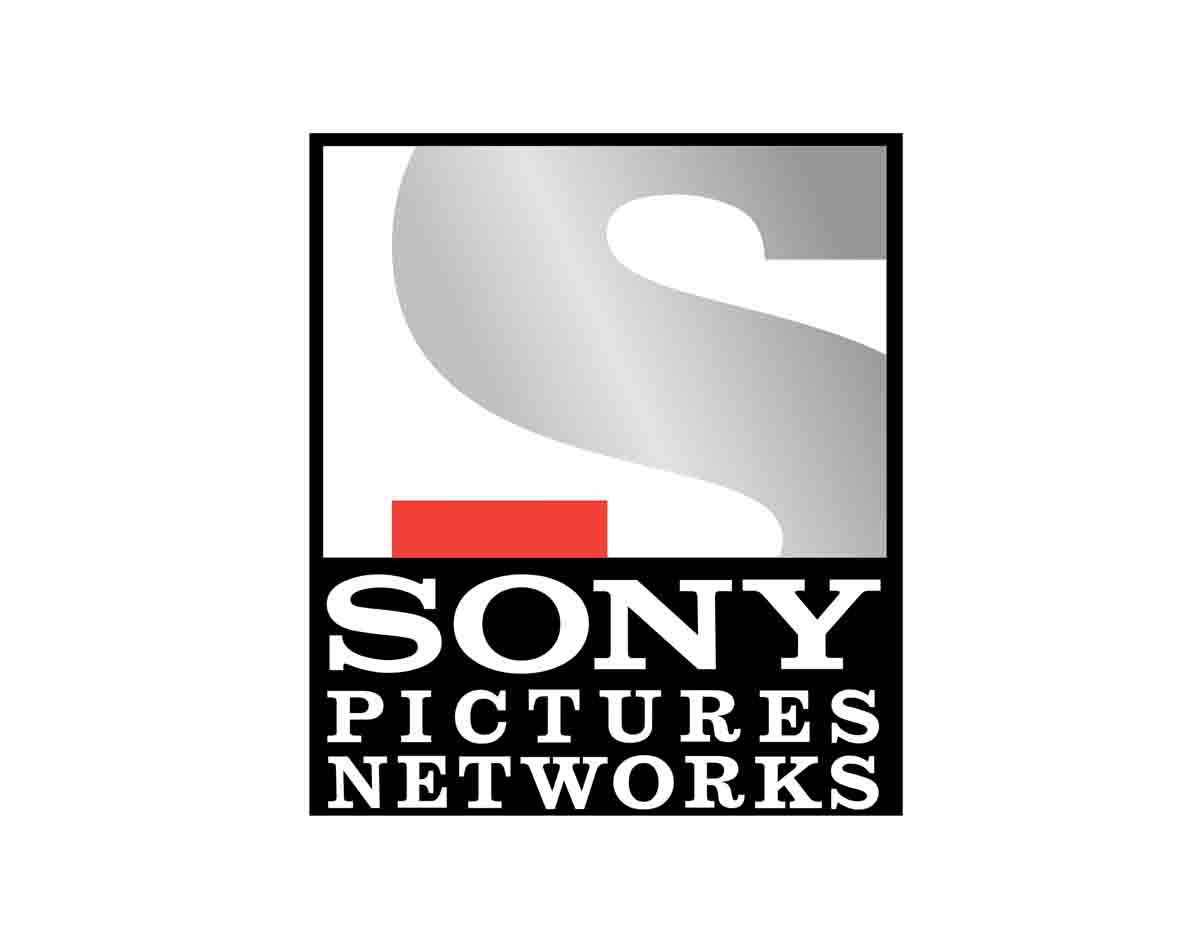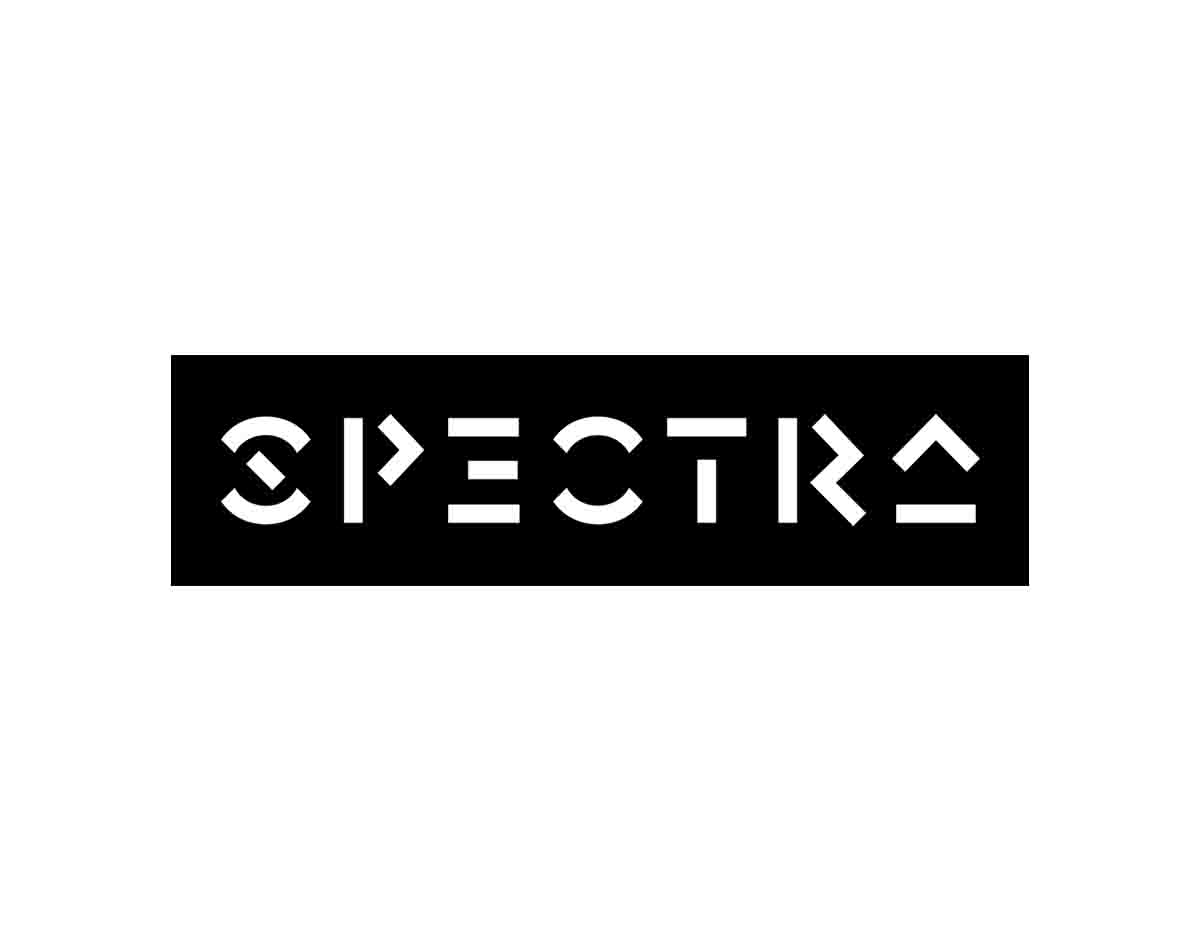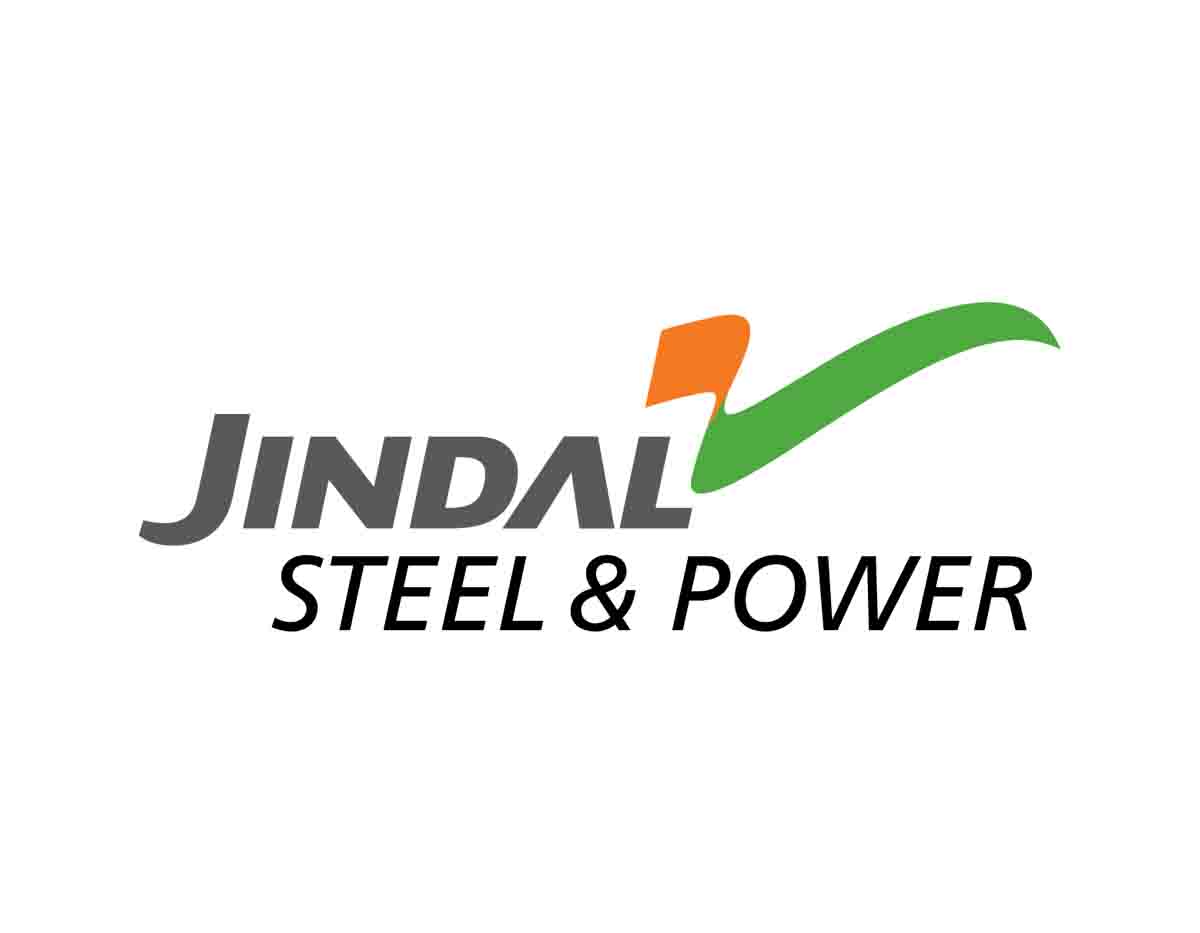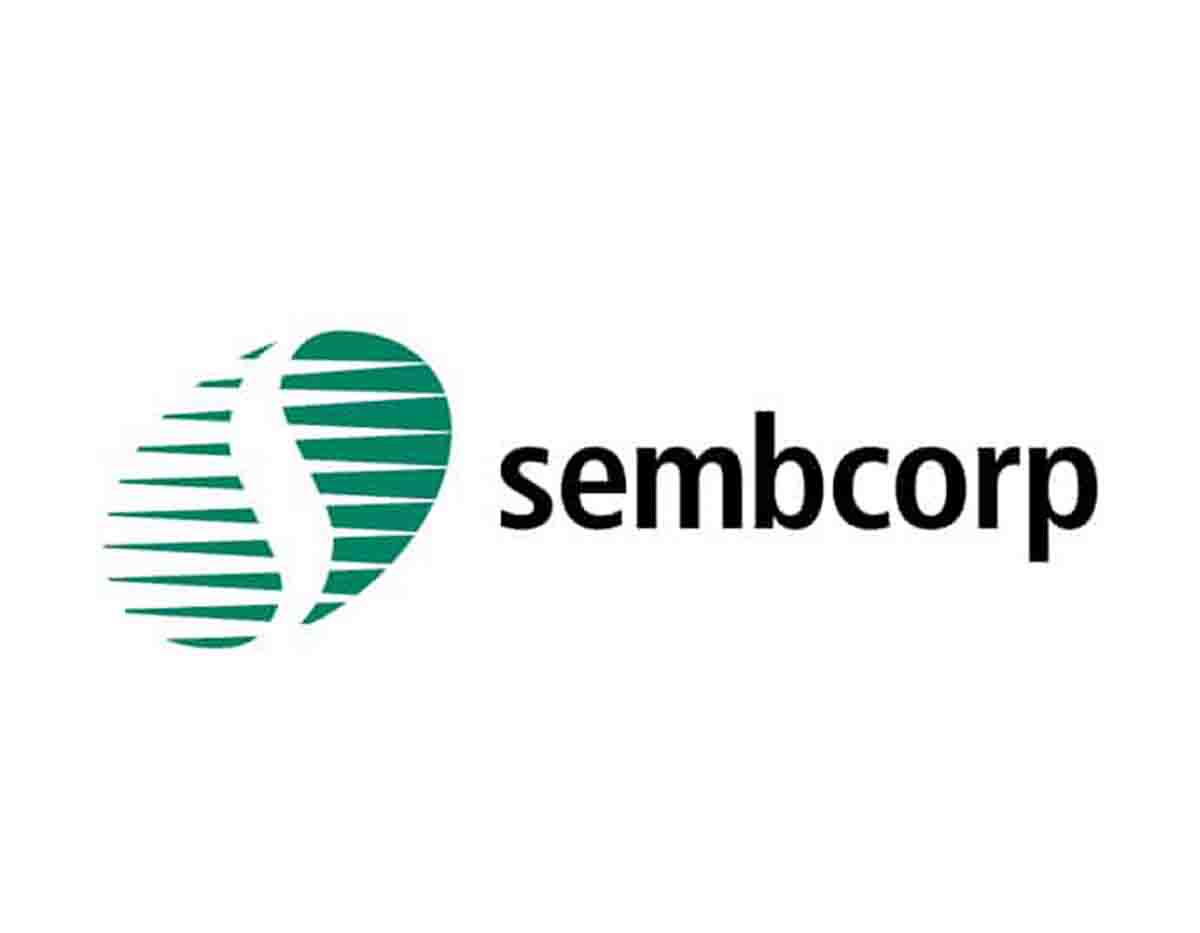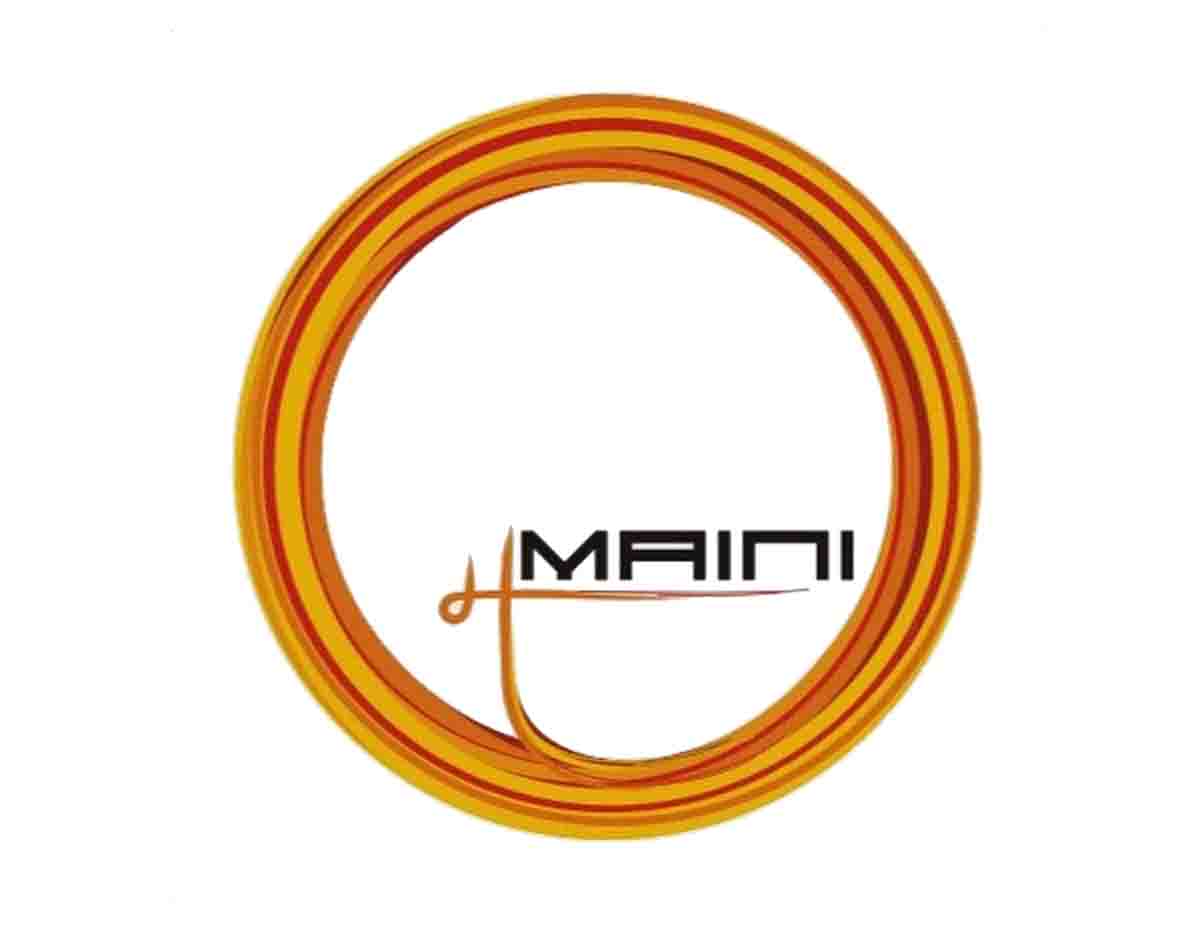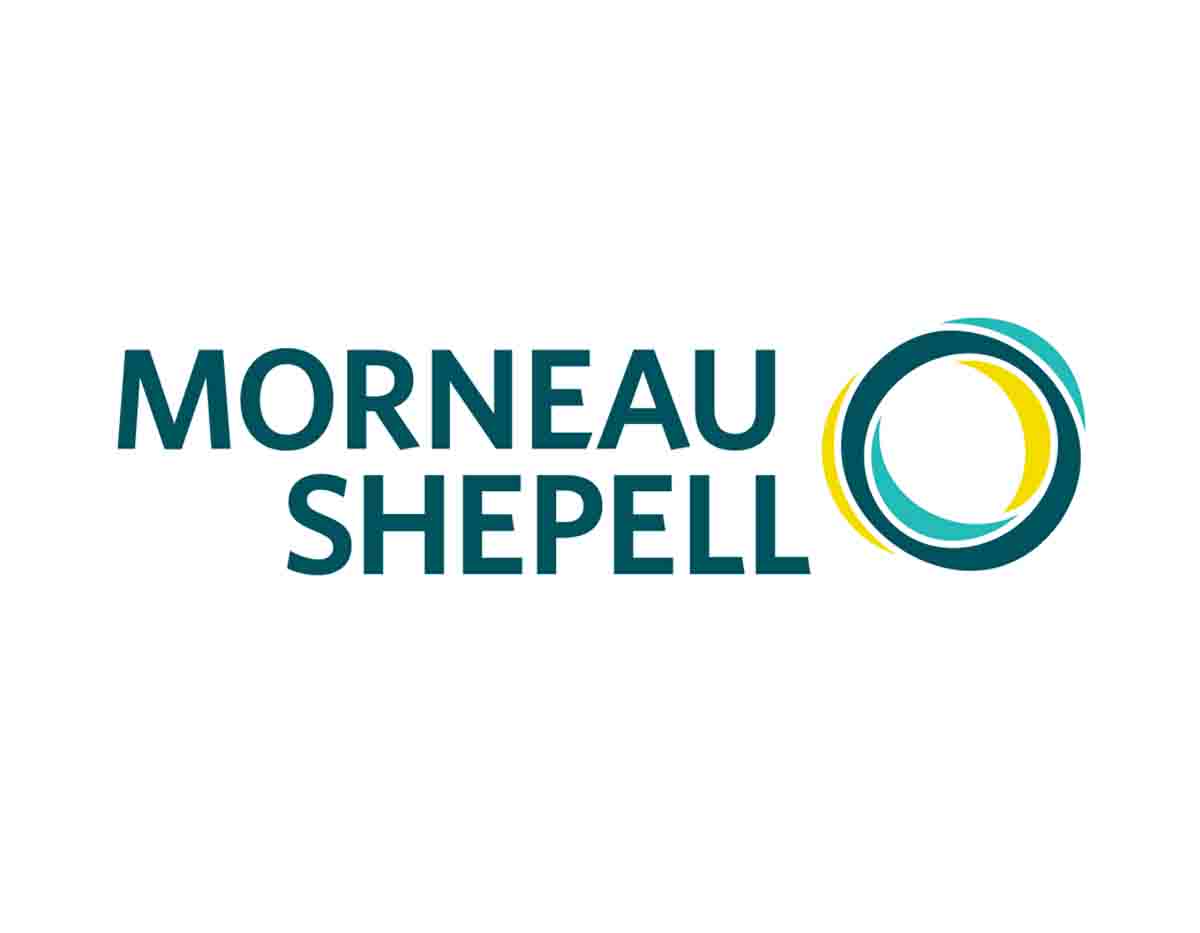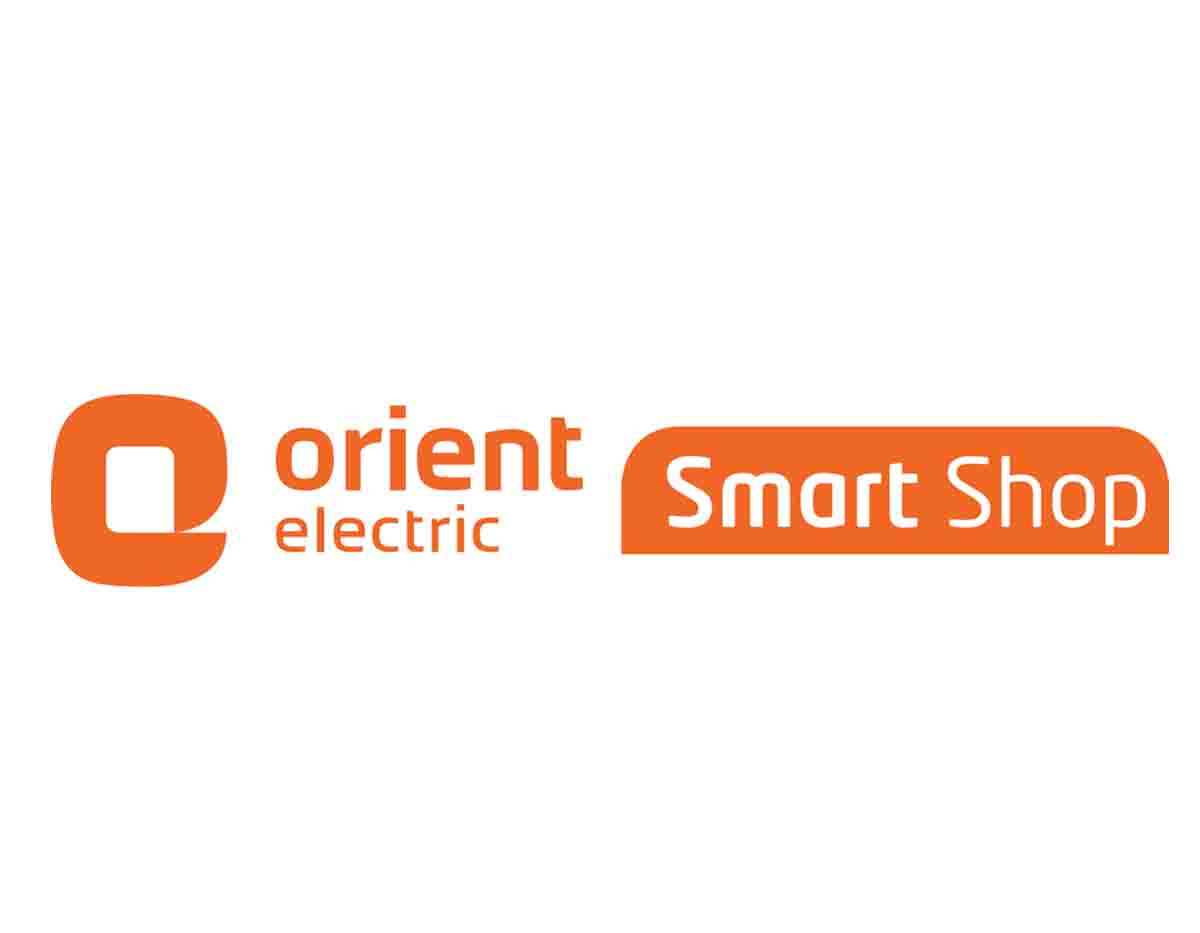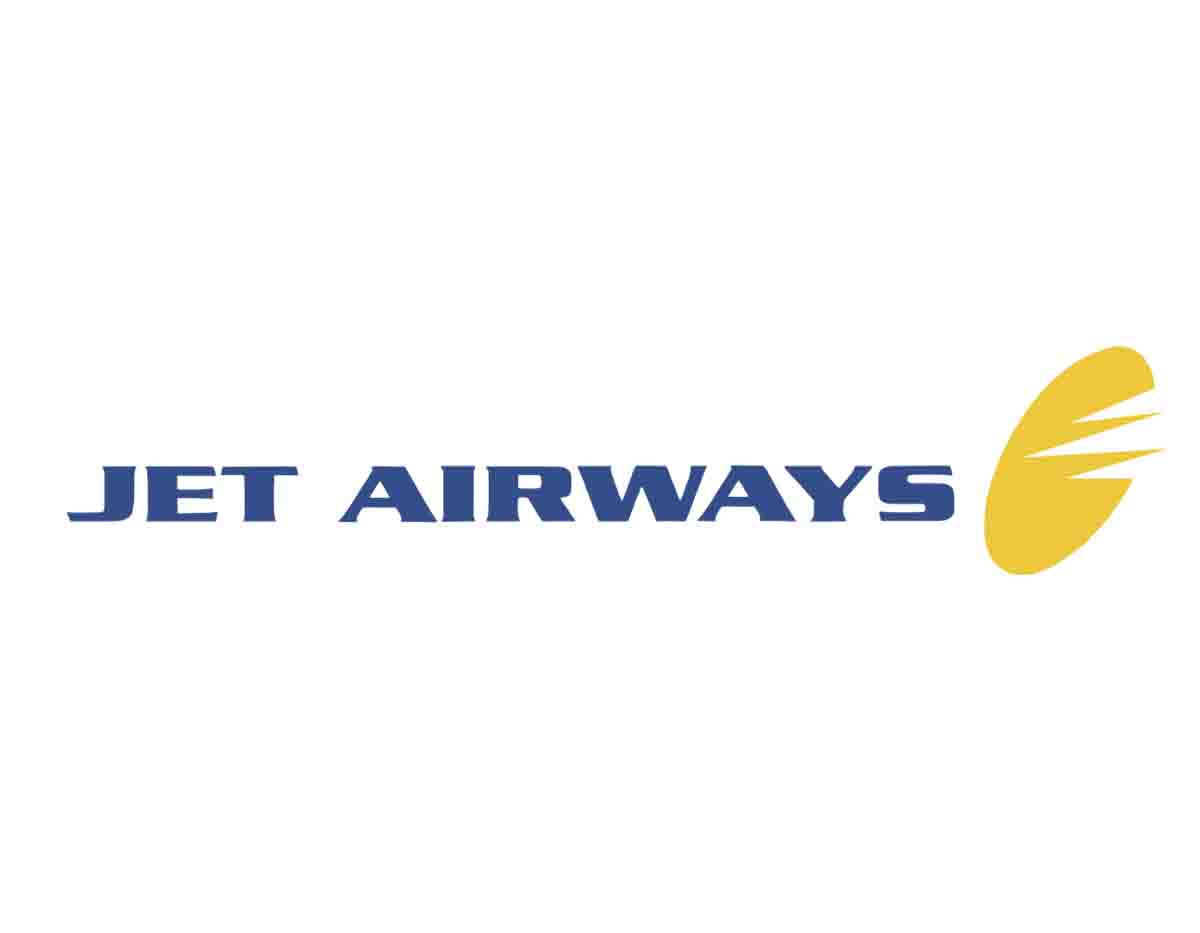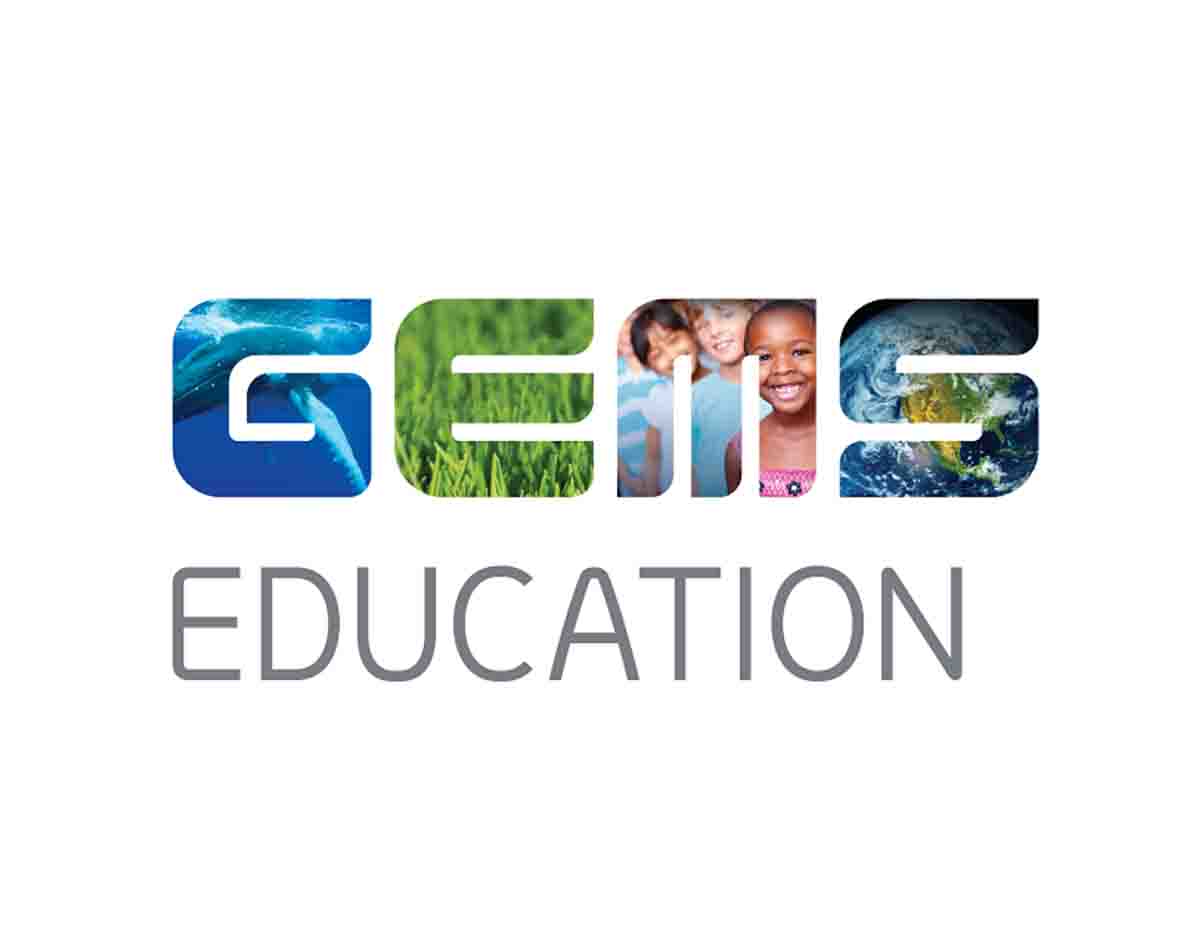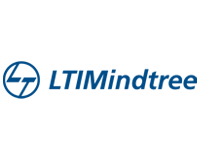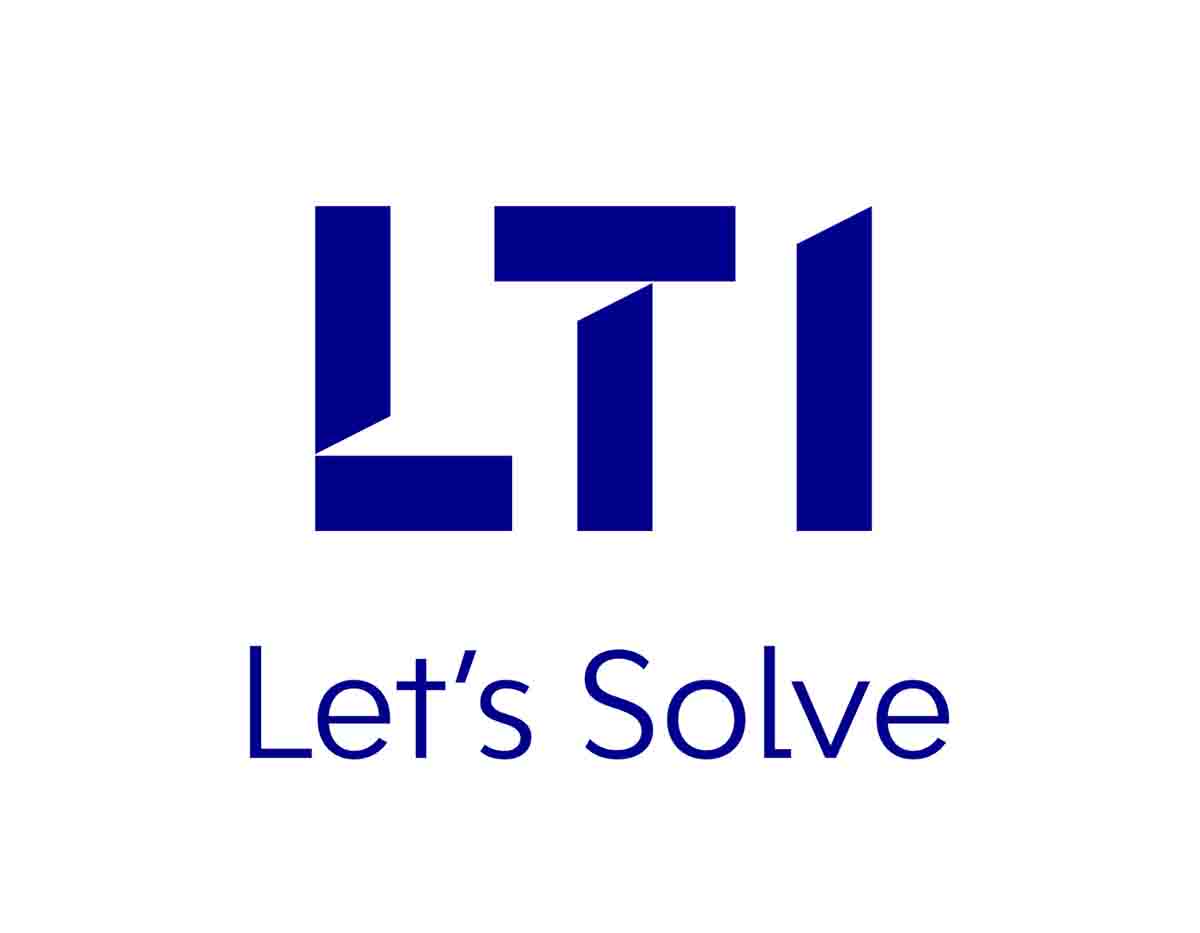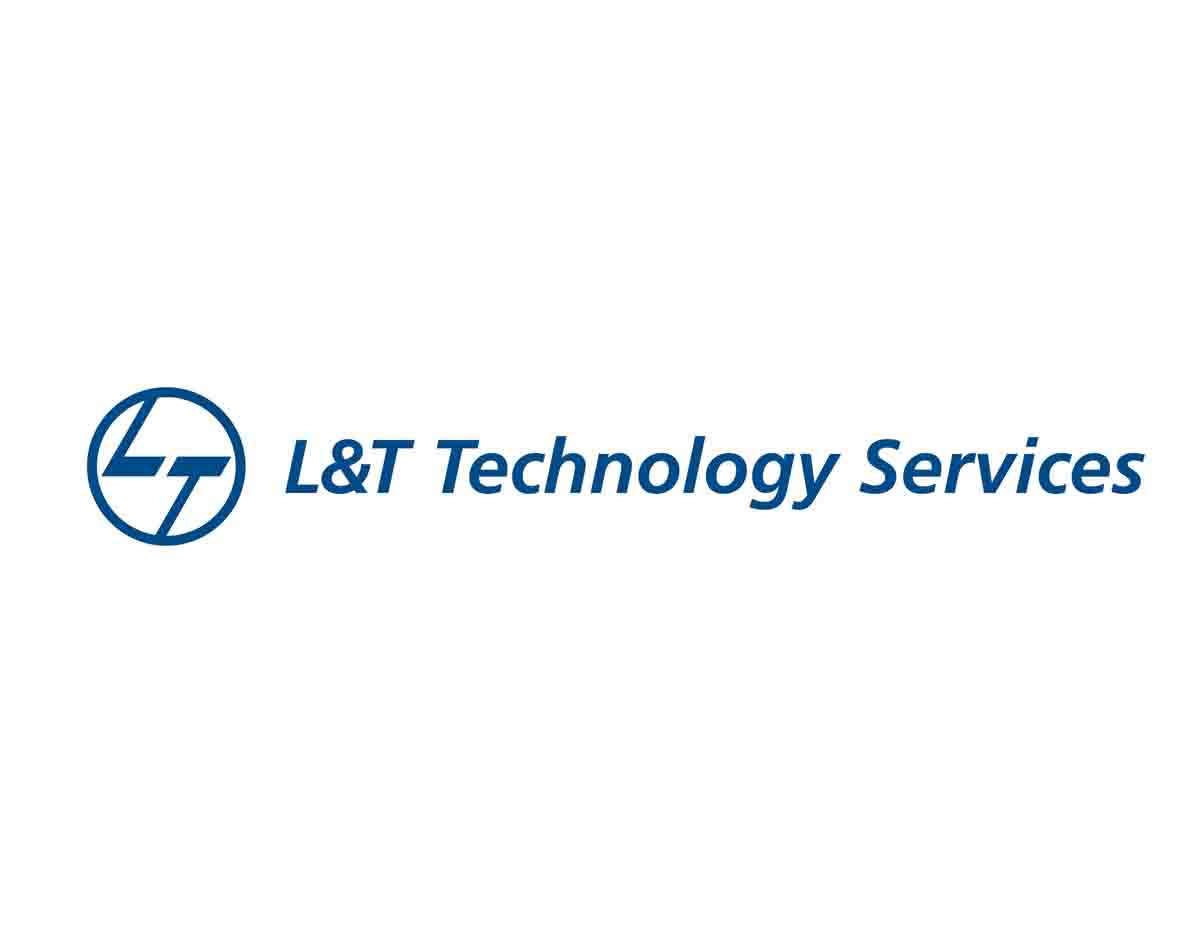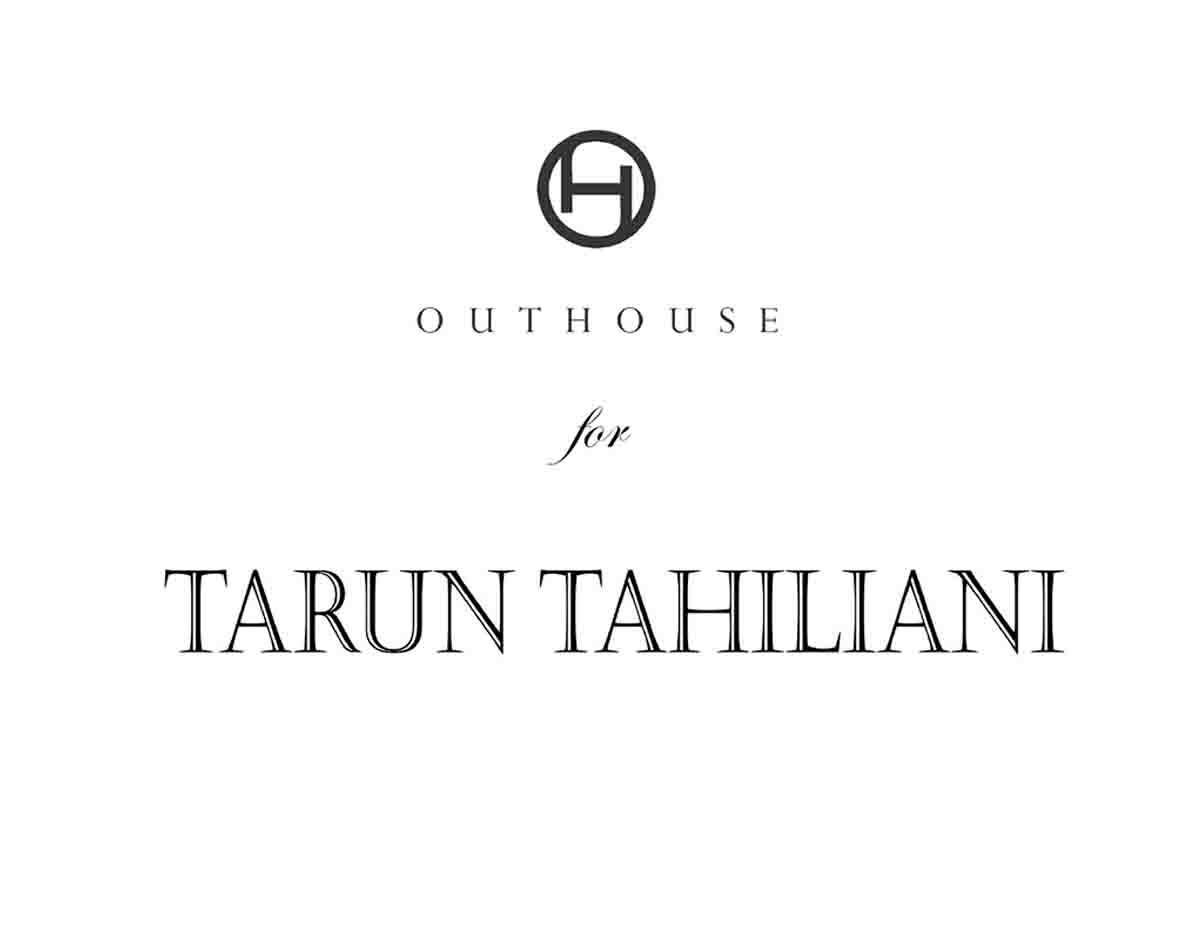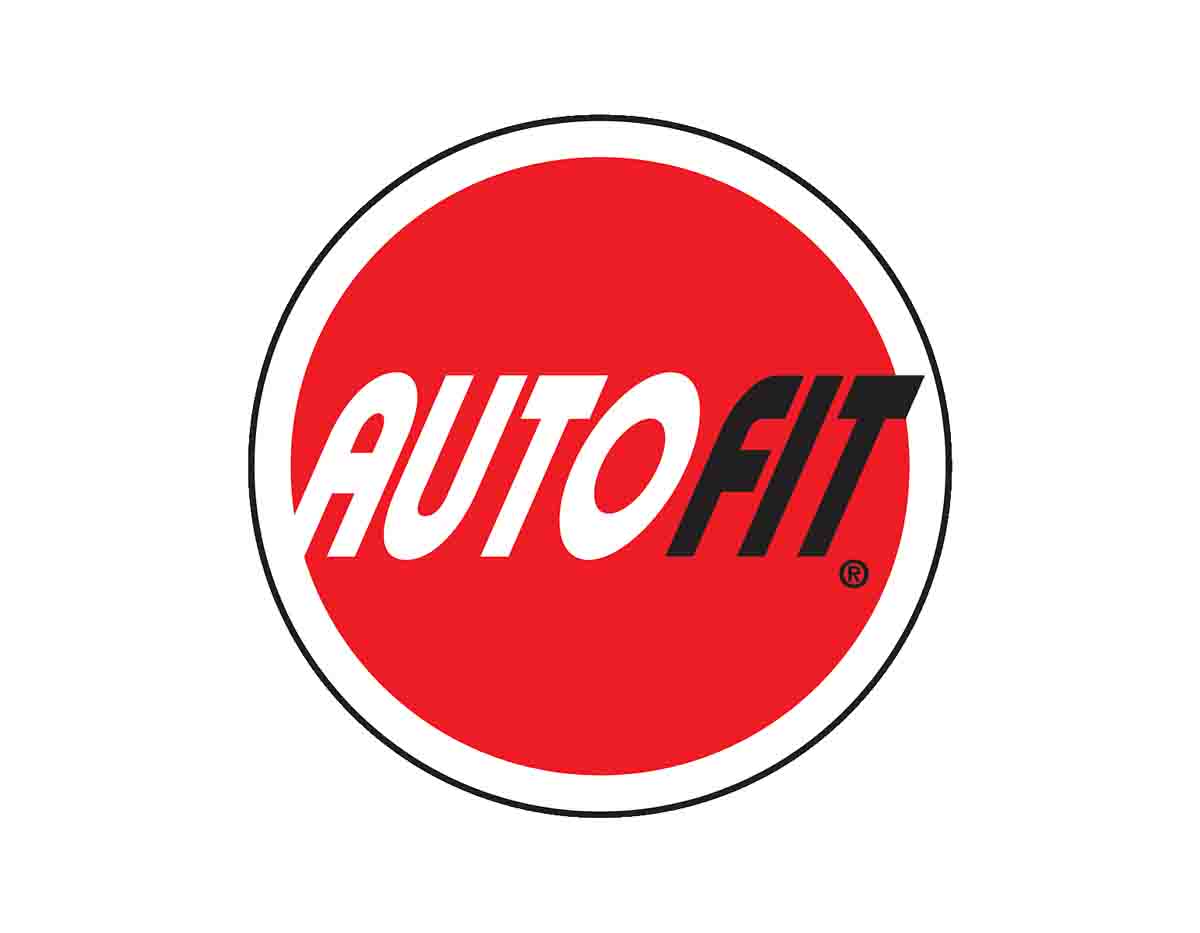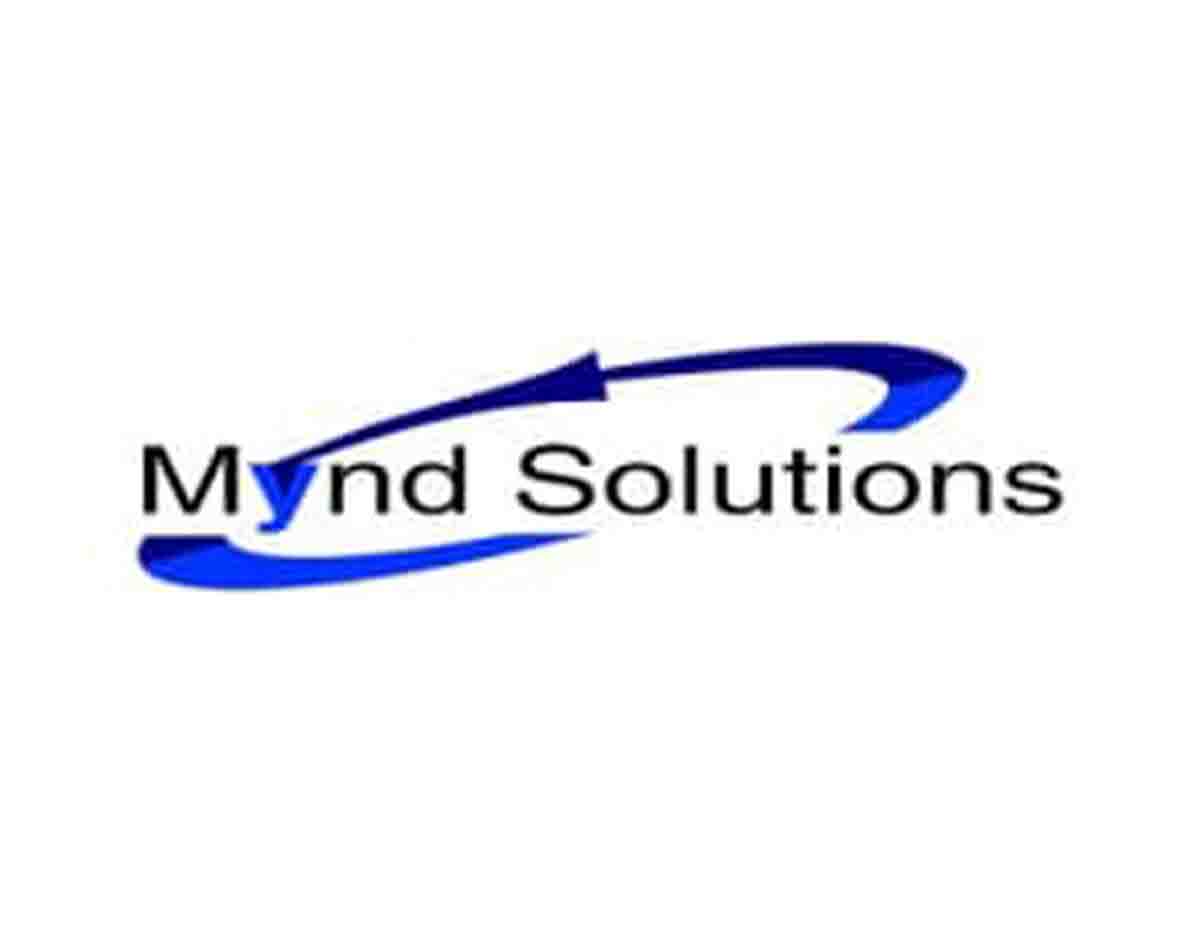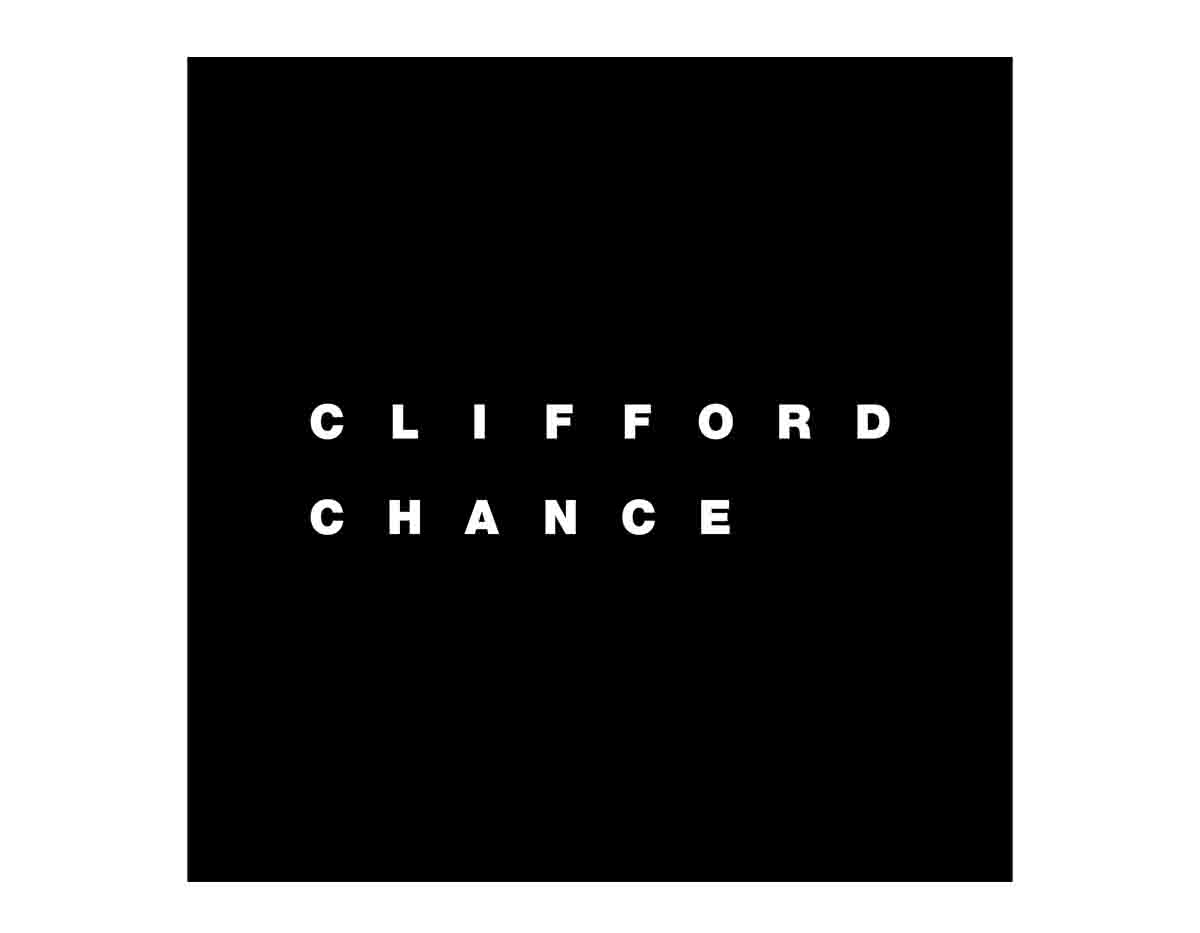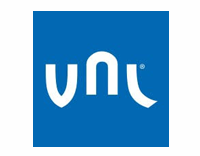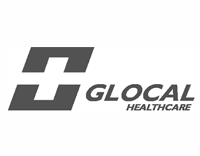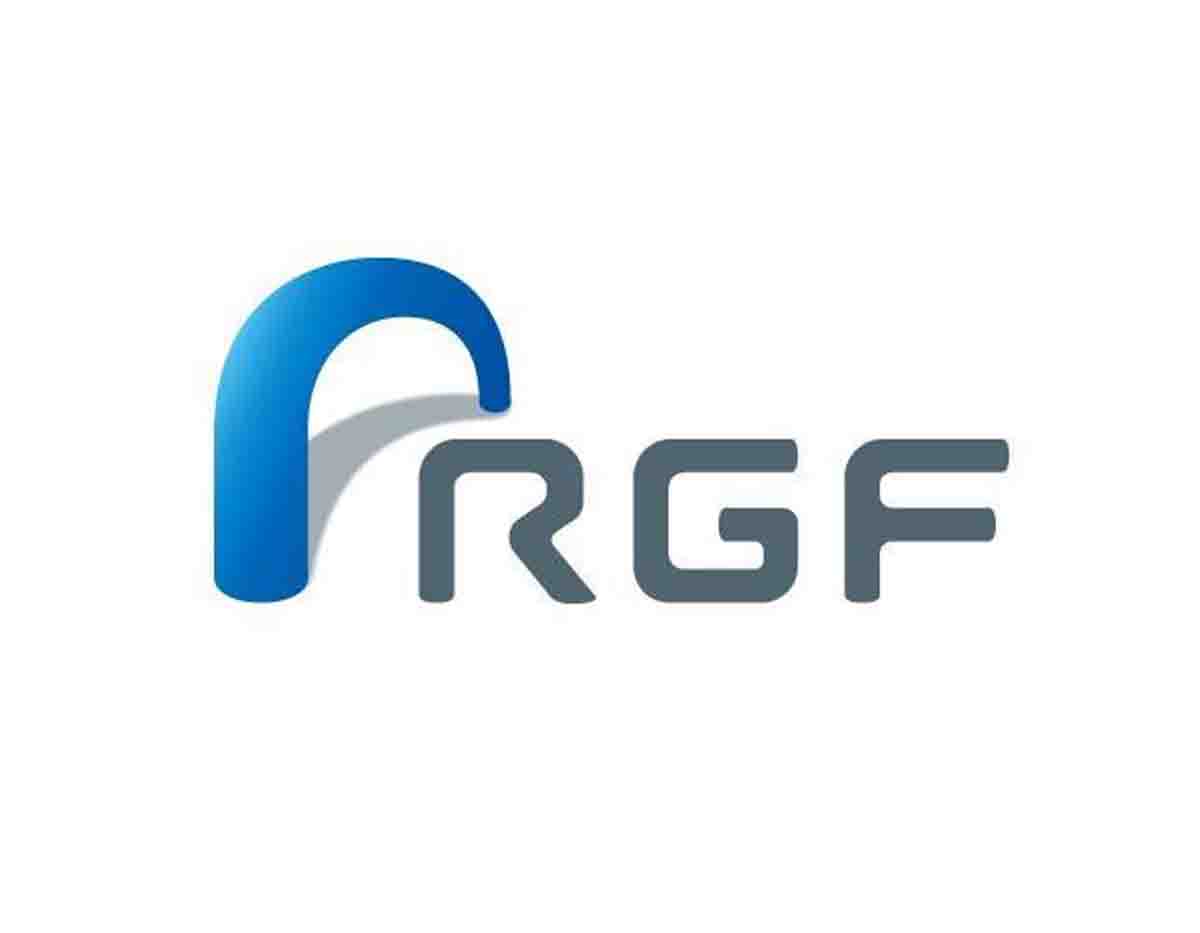Deepak Dhawan, Founder & CEO of Talentonic HR Solutions Private Limited shares insights from his experience leading the Board evaluation processes for more than 25 prominent Indian companies, answering five critical questions.
With economic conditions constantly shifting, geopolitical uncertainties on the rise, and growing expectations from stakeholders, organizations face both new risks and fresh opportunities. The business landscape has never been more unpredictable, or more full of potential. Against this backdrop, it’s important to consider: What are the new contours of Board Evaluation.
Question 1: How has the purpose of Board Evaluation changed over the last year?
In 2025, Board evaluation has shifted for many companies from a compliance driven exercise to a true catalyst for Board effectiveness. Boards now seek evaluations that foster honest reflection, peer feedback, and action-oriented outcomes, not just a checklist. There’s greater willingness to dissent, have honest conversations and use evaluation insights to build a culture of constructive challenge and trust.
This year, we’ve also seen more Boards opting for peer evaluations and one-to-one director interviews, reflecting a deeper appetite for individualized feedback. These formats indicate that directors are seeking space for candid, personalized conversations, going beyond survey responses to explore interpersonal effectiveness, and ways to enhance collective impact.
Question 2: Are Boards getting more involved in shaping and stress testing strategy?
Board members don’t write strategy, but they certainly shape it. Strategy today is not just a three-year business plan, it’s about creating space for directional conversations. Topics such as geopolitical risks, global benchmarks, technology shifts, and emerging competitive dynamics are central to these discussions. The best boards are leveraging their directors more effectively, drawing on their insights, and engaging them deeply on these critical themes.
Question 3: In what new areas are Boards seeking to strengthen their focus?
Beyond traditional metrics, there’s a much stronger focus on the Board’s role in succession planning, both at the CEO and C-suite level. The key question today is often not who will succeed, but how. Is there a strong senior talent pipeline capable of meeting the organization’s future leadership needs, and aligned with its strategic ambitions.
Another growing area of focus is the partnership between the Board and Management. There’s a clear call to elevate the quality of this engagement, moving beyond formal meetings to foster more continuous and value-adding interaction. Boards are increasingly staying connected between meetings, serving as thought partners to management, coaching key leaders, and encouraging a freer, more transparent flow of information.
“Every Board has a distinct culture based on the priorities of the Firm and the talent on the Board”
Question 4: How is the composition and structure of boards evolving?
Two clear trends stand out when it comes to board structure.
First, we’re seeing a visible shift toward younger and more diverse directors. They bring fresh perspectives, a global mindset, and a strong desire to engage meaningfully. This new generation of directors want to contribute, challenge assumptions, and shape the Board’s forward-looking conversations. Their presence is infusing energy, ambition, and a sense of renewal into boardrooms.
Second, there’s a growing curiosity about the composition and dynamics of the board itself. Directors are increasingly attentive to who else is around the table, the diversity of thought, domain expertise, and the balance of perspectives. Discussions now go beyond compliance to explore questions such as: Is our Board the right size? Do we have the expertise we truly need? Are our conversations inclusive and participative? The quality of relationships, especially between management and independent directors and how contrarian views are received are now seen as key markers of Board effectiveness.
“In earlier years, many Boards were composed of eminent names, individuals whose presence lent reputation and visibility. Today, that approach is evolving rapidly, with a much sharper focus on performance, contribution, and the value each director brings to the table.”
Question 5: How do you see the role of the Nomination and Remuneration Committee (NRC) evolving?
Traditionally, the NRC in India has been far more muted than its global counterpart: the Compensation Committee. Its role has often been limited to reviewing annual management compensation, while decisions around the appointment of independent directors or key management personnel tended to be more procedural than strategic.
That’s now beginning to change, albeit gradually. A new vision for the NRC is taking shape, one that recognizes its potential to be a strategic driver of talent and leadership quality. Boards are increasingly aware that the caliber of leadership must mirror the organization’s strategic ambition. As a result, the NRC is starting to engage more deeply with succession planning, leadership development, and long-term capability building, moving from an administrative role to one that truly shapes the future of the enterprise.
“Our board evaluation practice has grown significantly: up 120% over the past year. In the last two years we have successfully added an advisory function through interviewing individual directors and helping create robust action plans to improve Board effectiveness. This evolution reflects our commitment to moving beyond evaluation to meaningful, sustained impact.”
As Boards adapt to fast-moving risks and opportunities, evaluation is becoming a powerful lever for resilience and renewal. The Boards that lean into this shift will be best positioned to thrive. We would love to see more Boards embedding evaluation into the Board’s DNA: not as an obligation, but as a core driver of trust, renewal, and value creation.
At Talentonic HR Solutions Private Limited we have helped numerous clients in effectively engaging their Boards. Our approach includes crafting questions tailored to committee charters, incorporating open-ended inputs alongside targeted questions, and enhancing assessments with one-on-one interviews on key Board focus areas. Learn more about our Board Evaluation work here or reach out to Manavi Dhawan-Guha for a conversation on how to engage with your Board.






